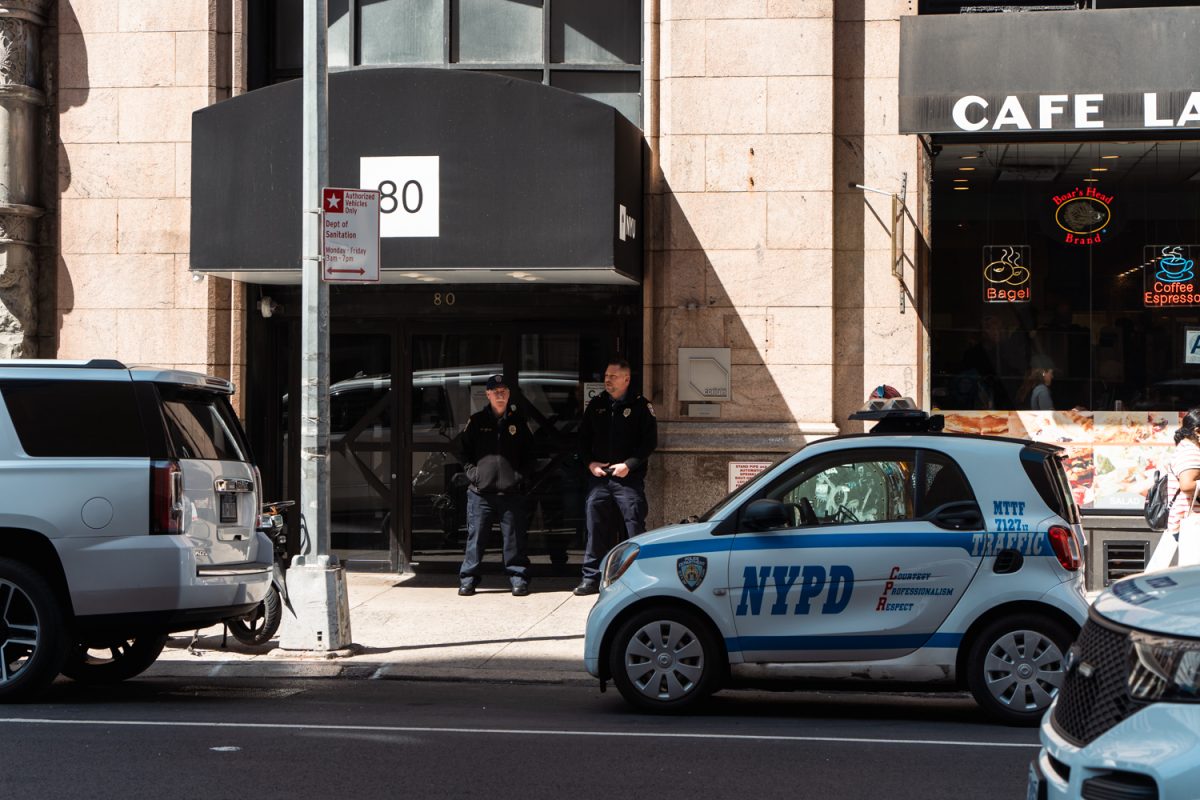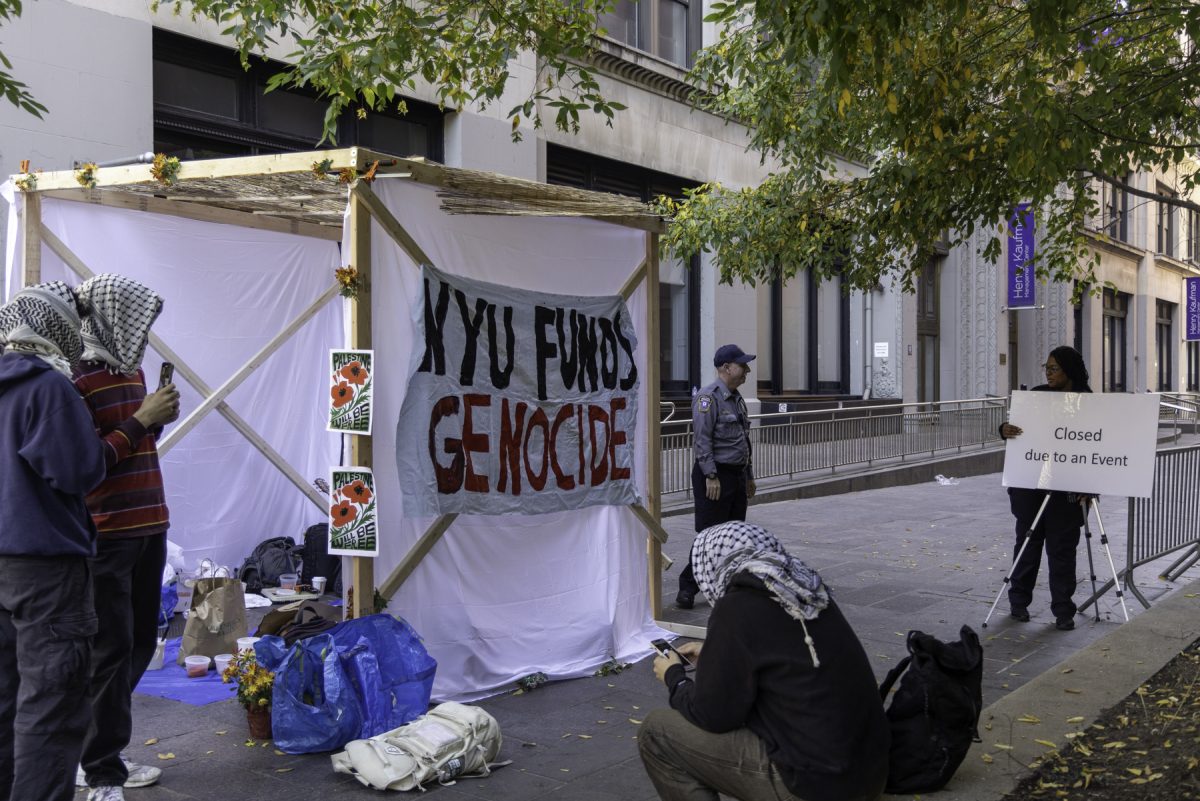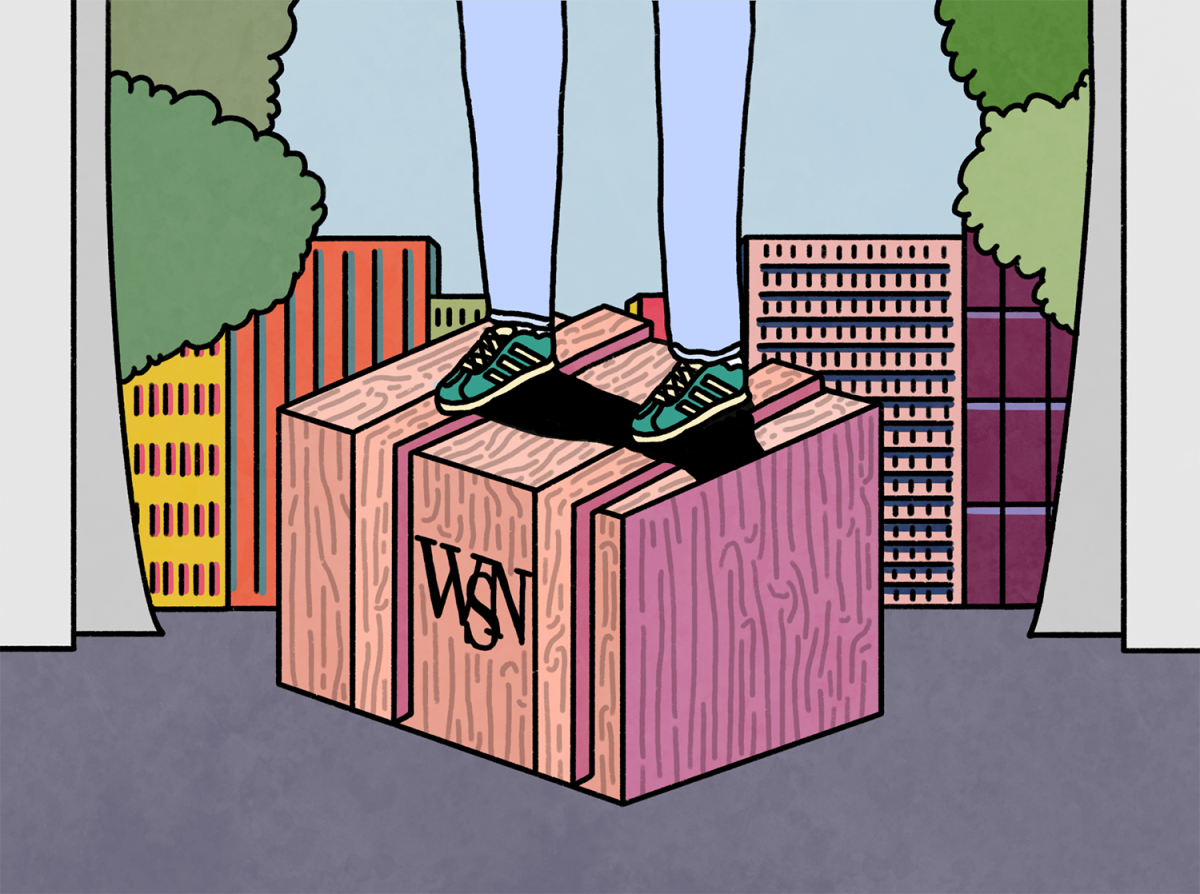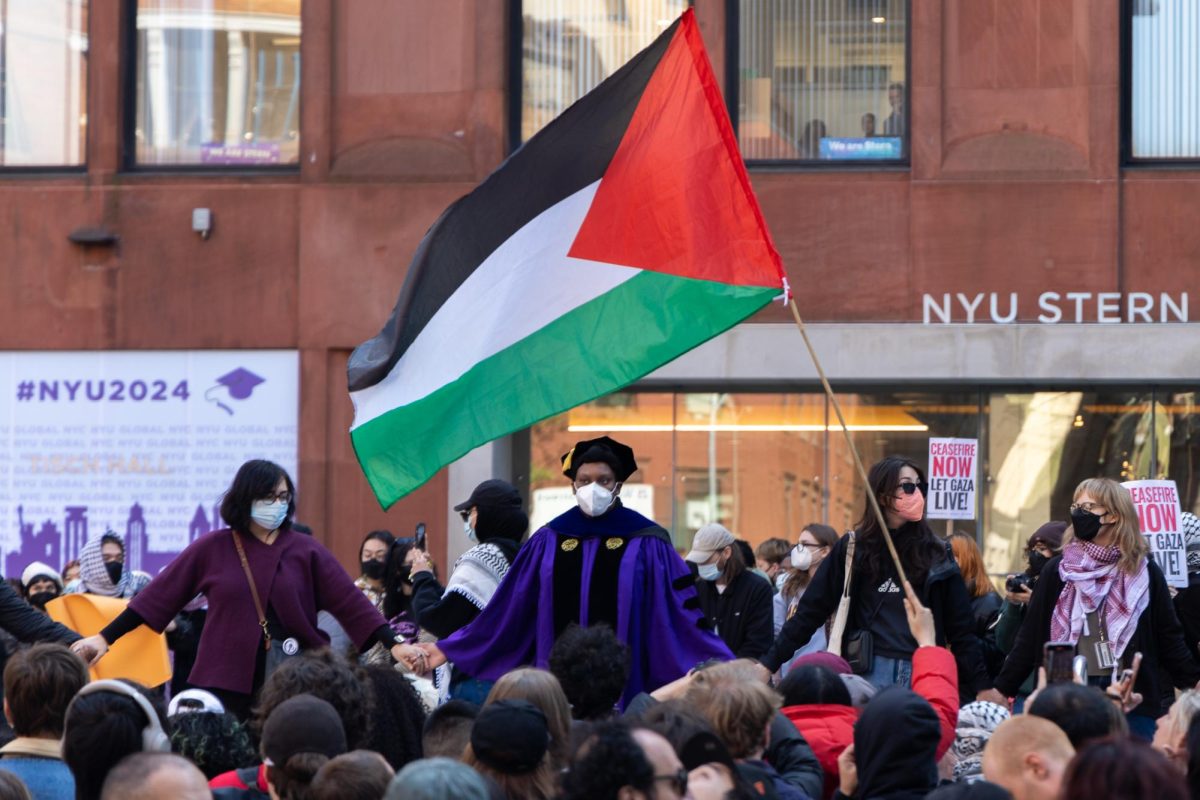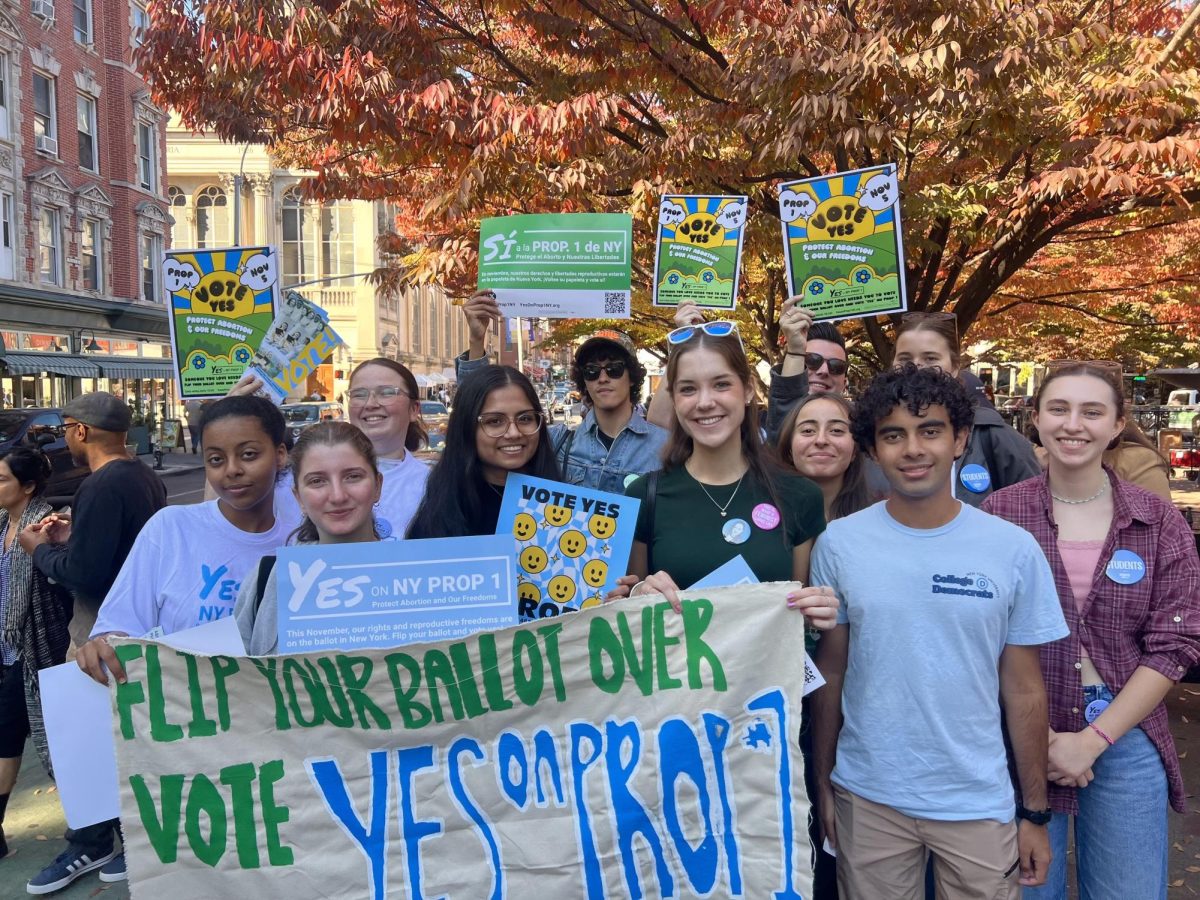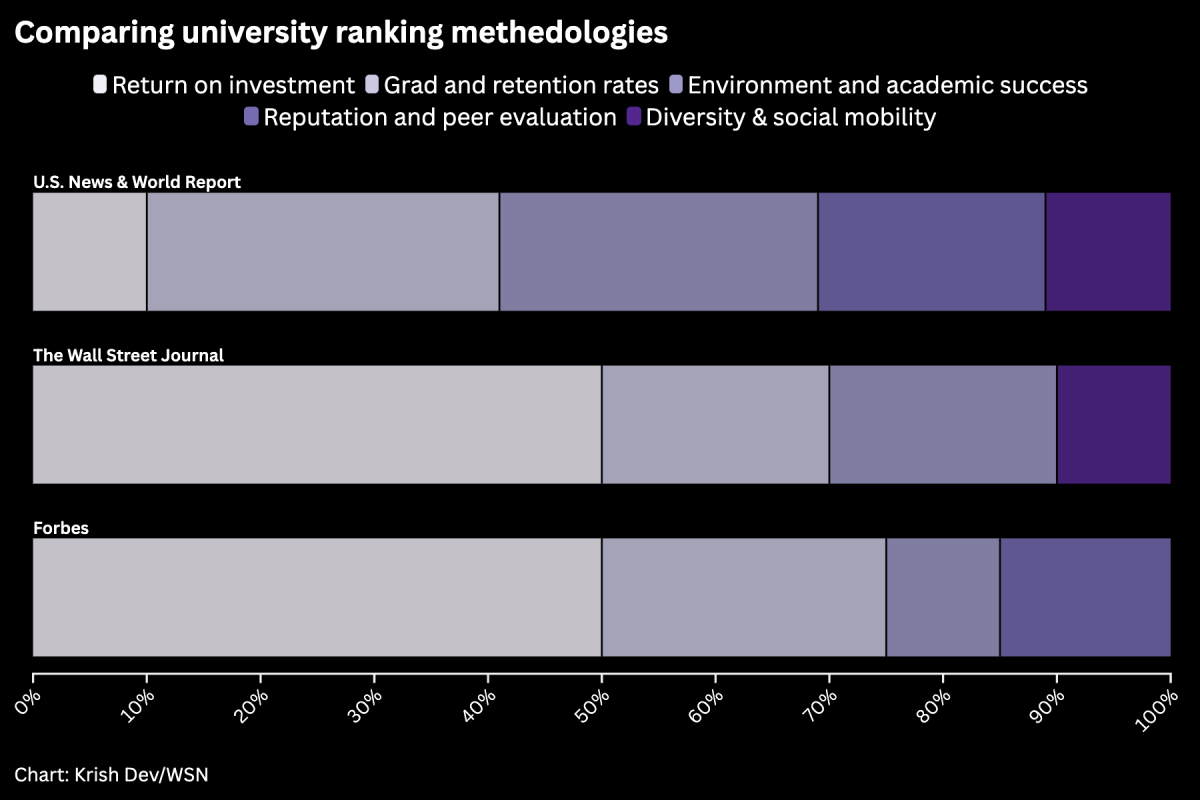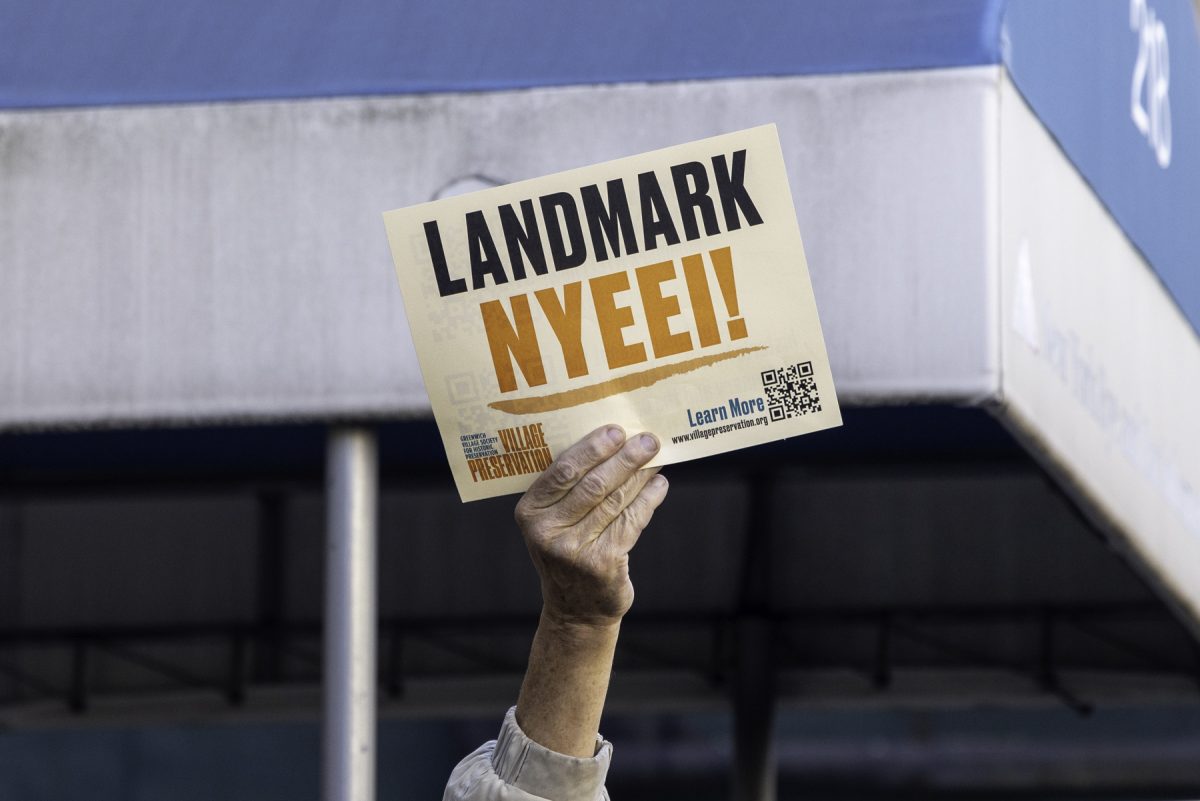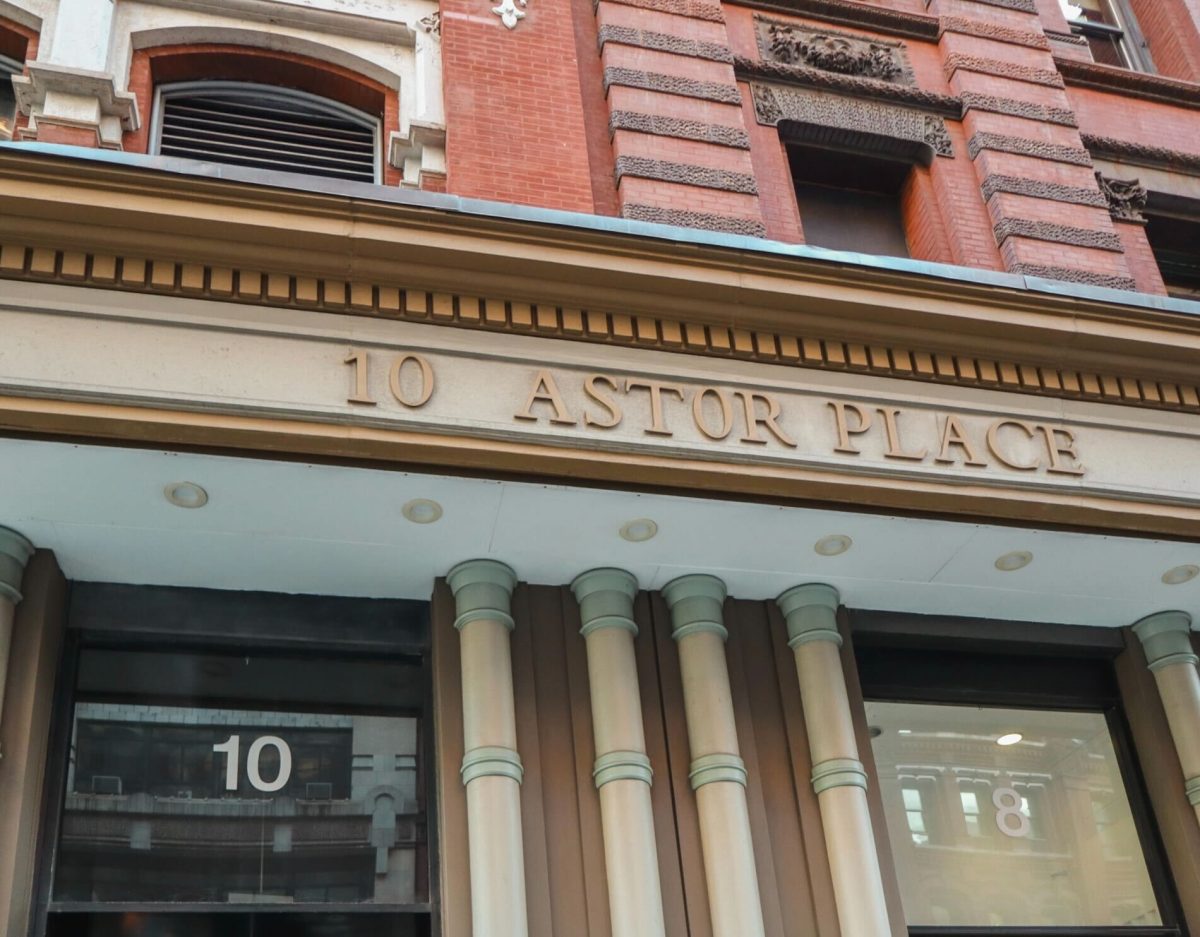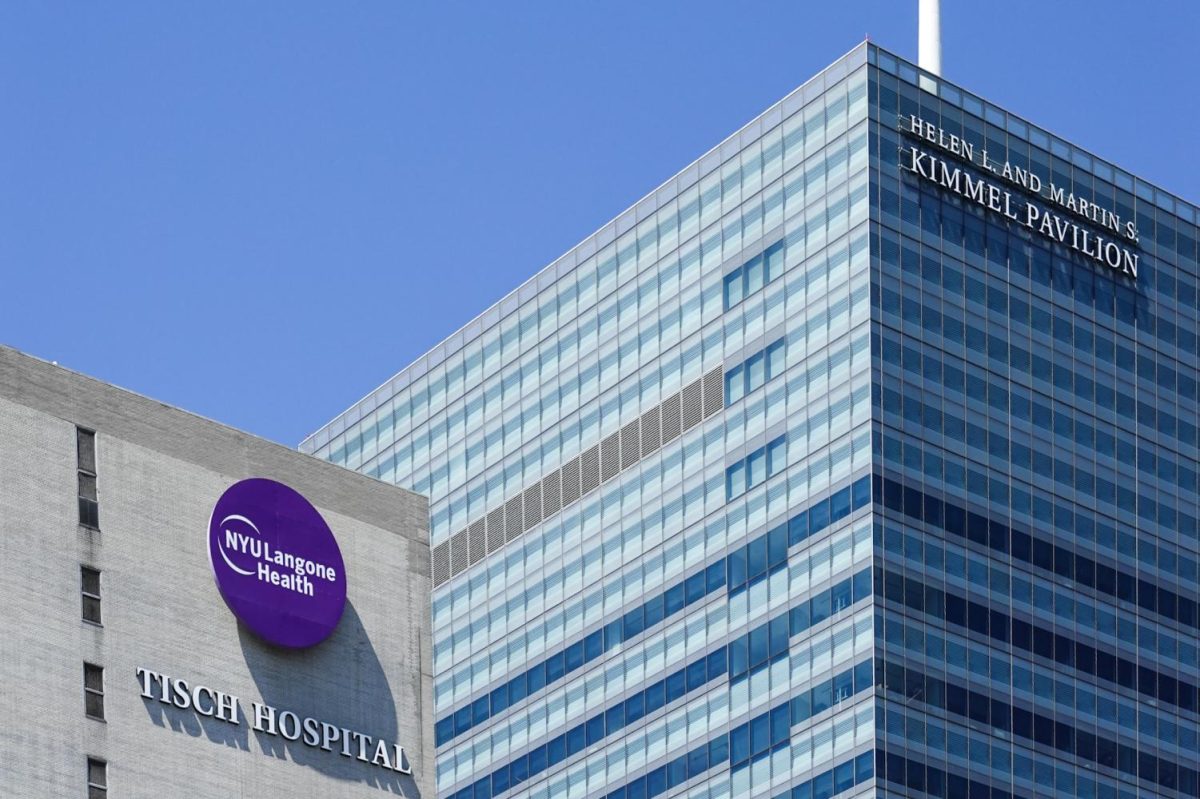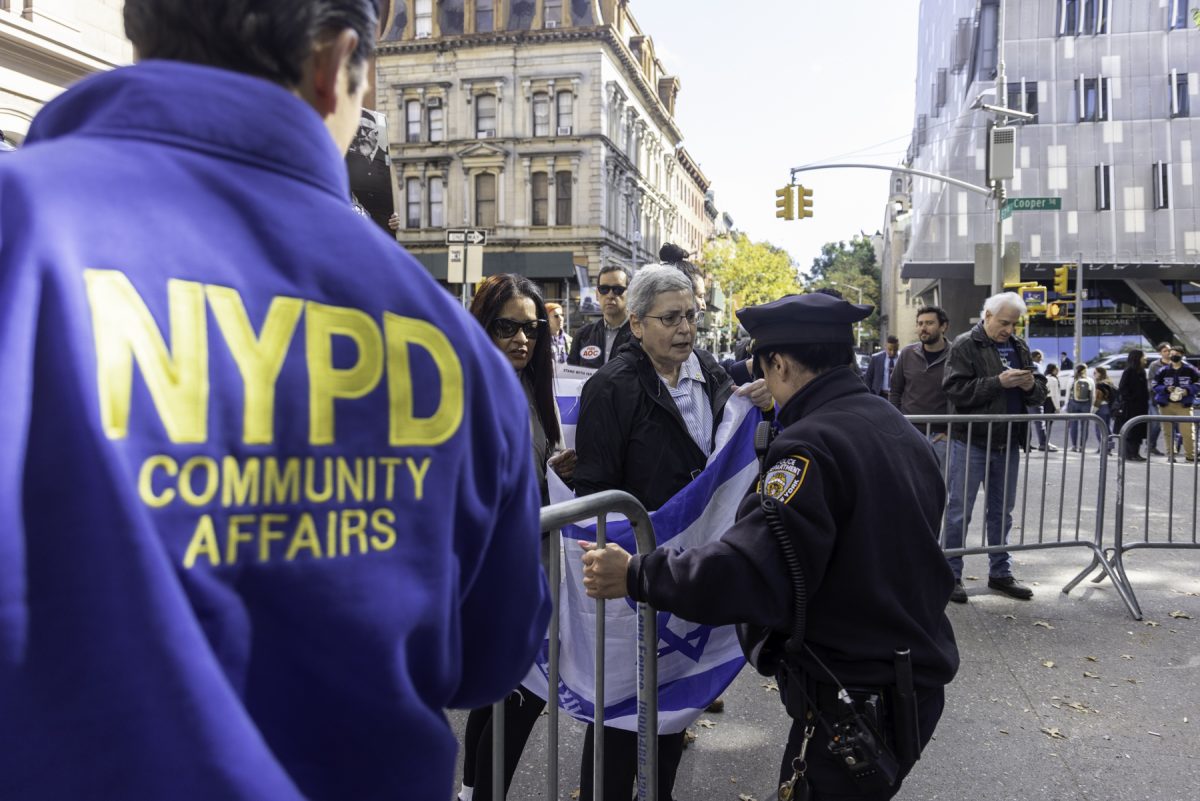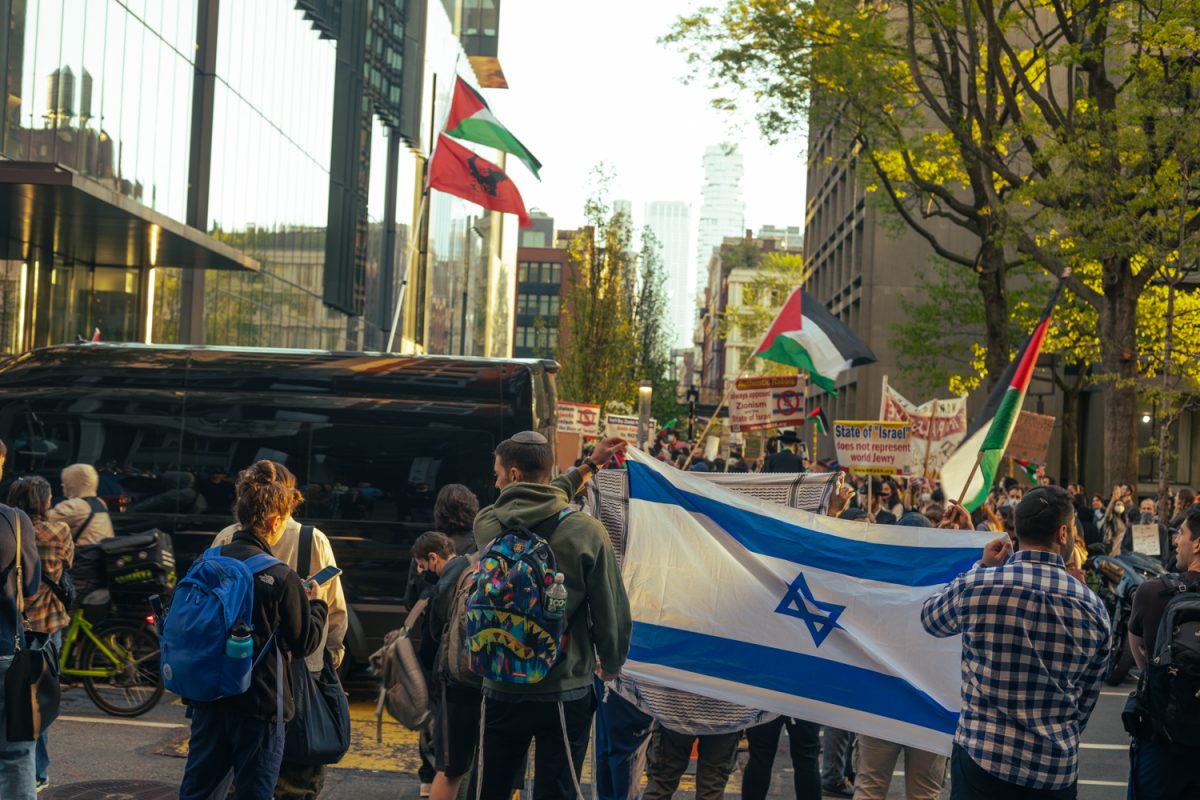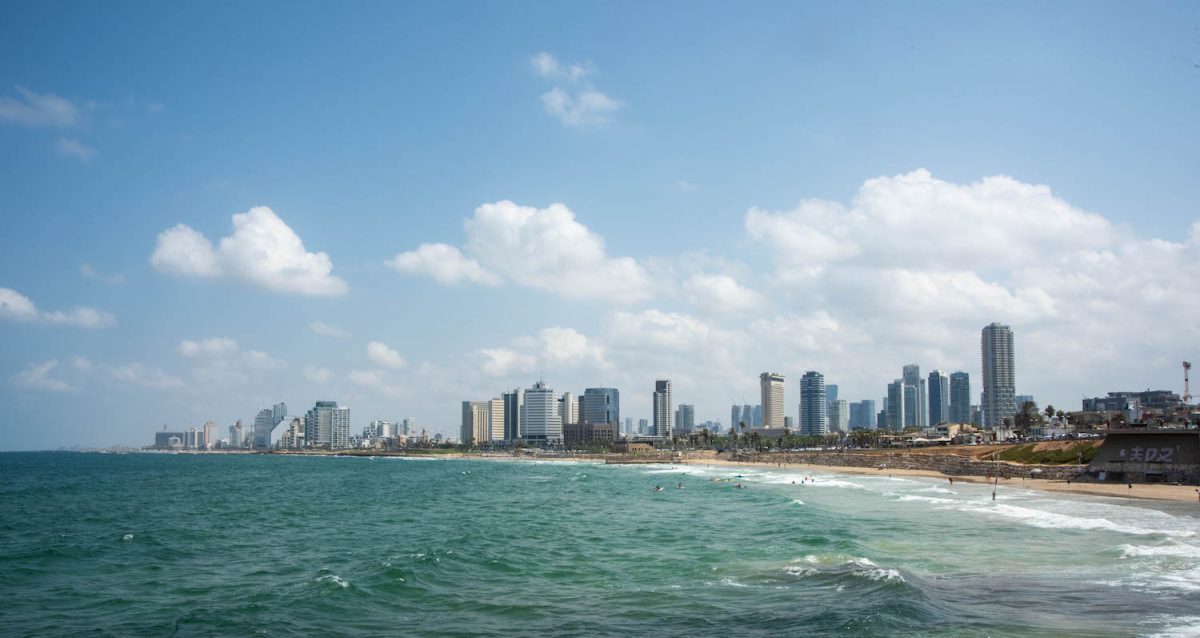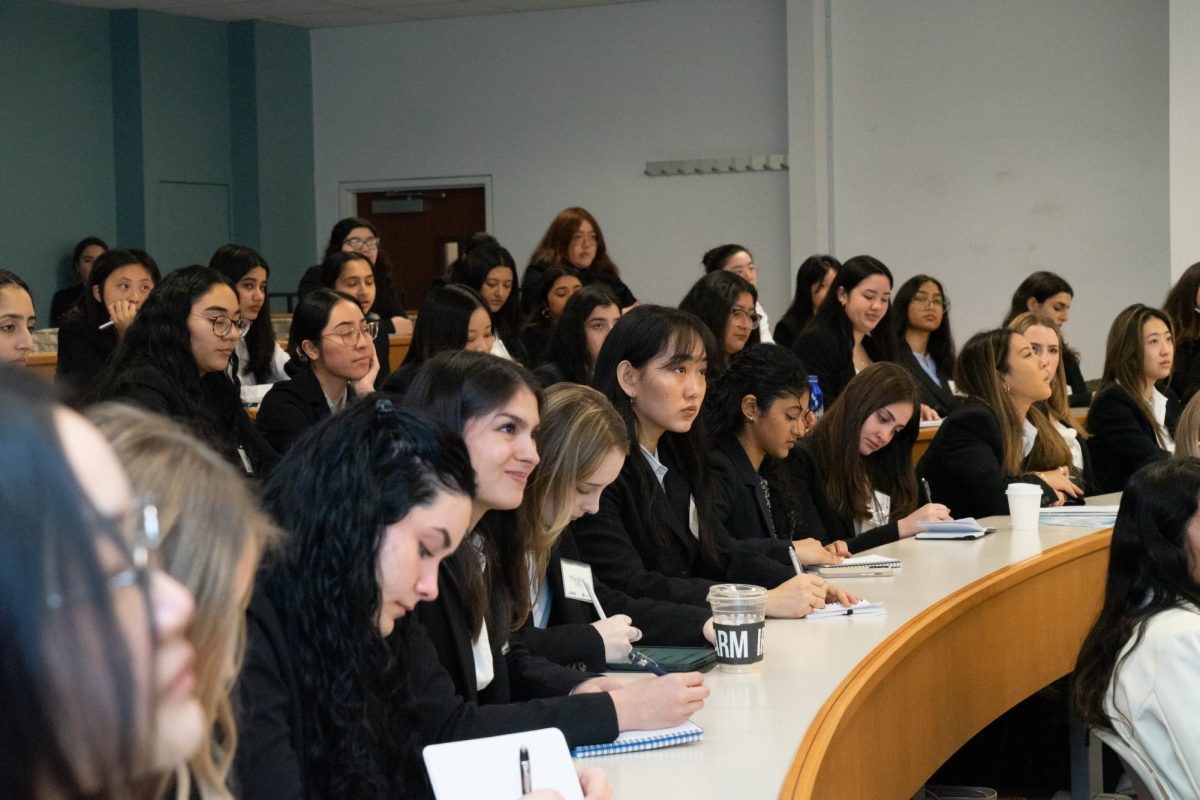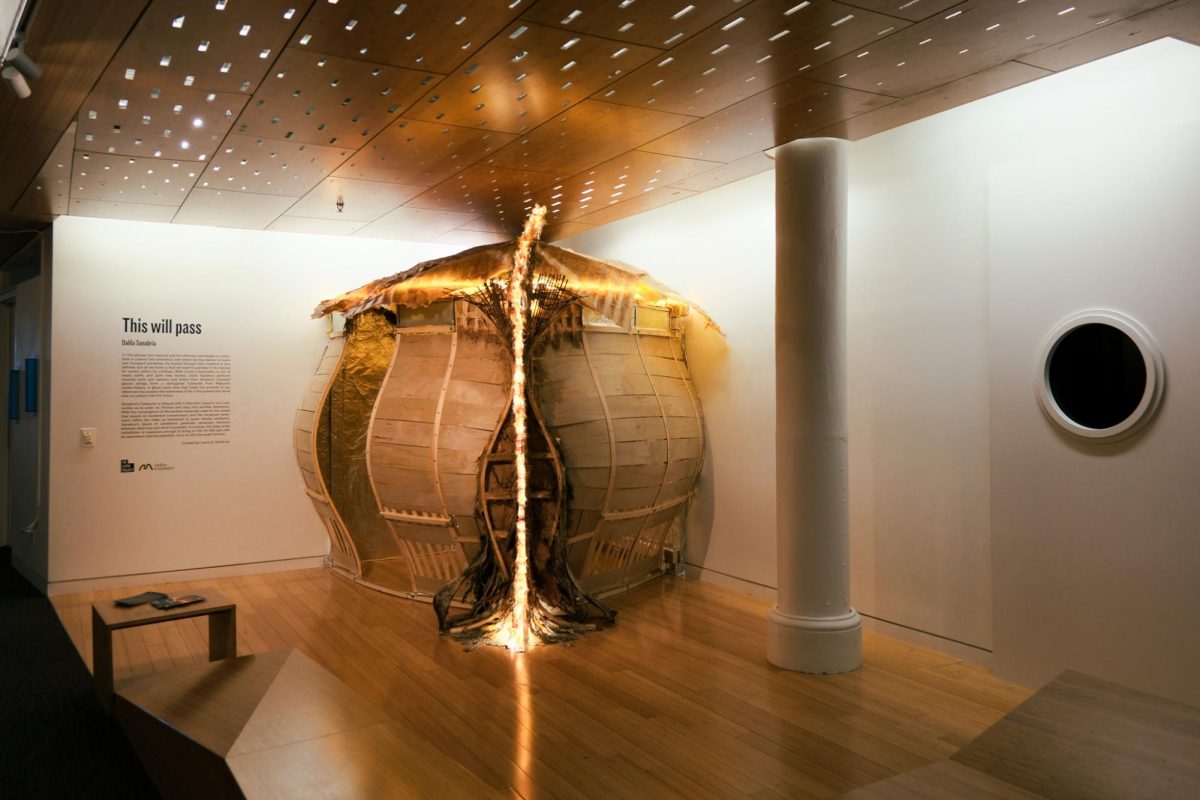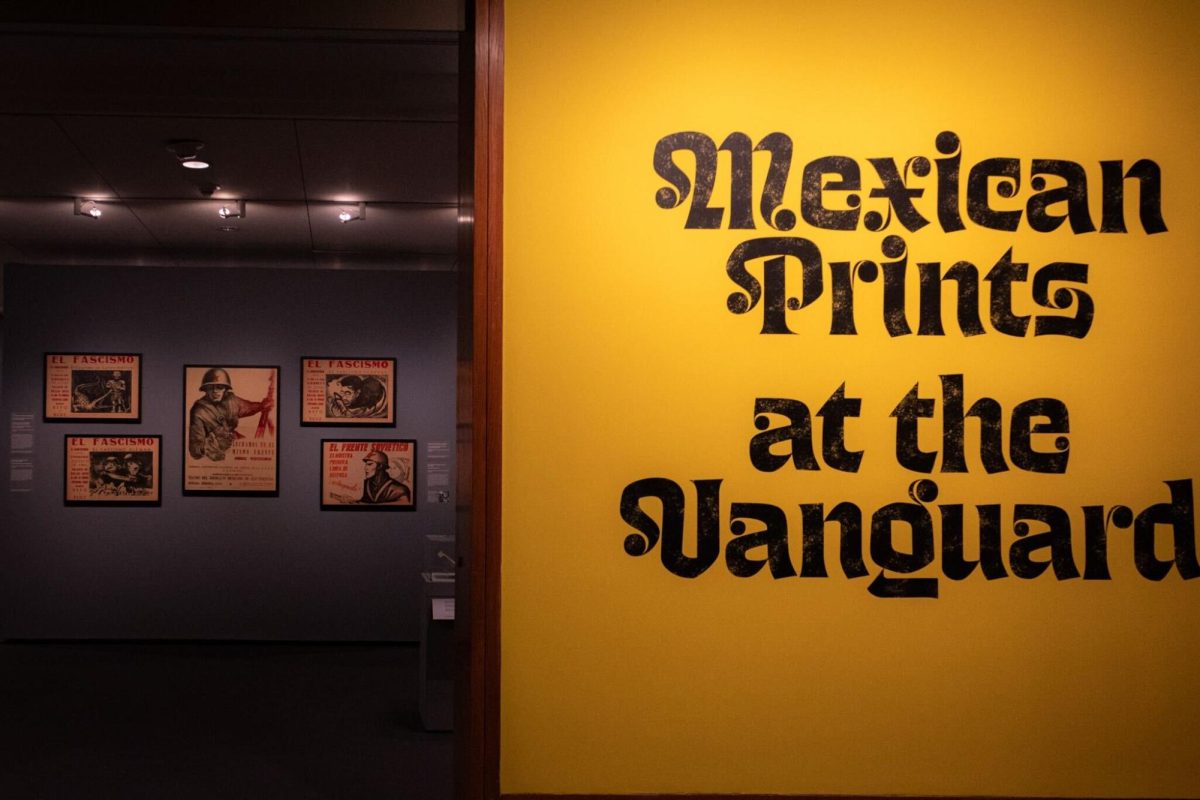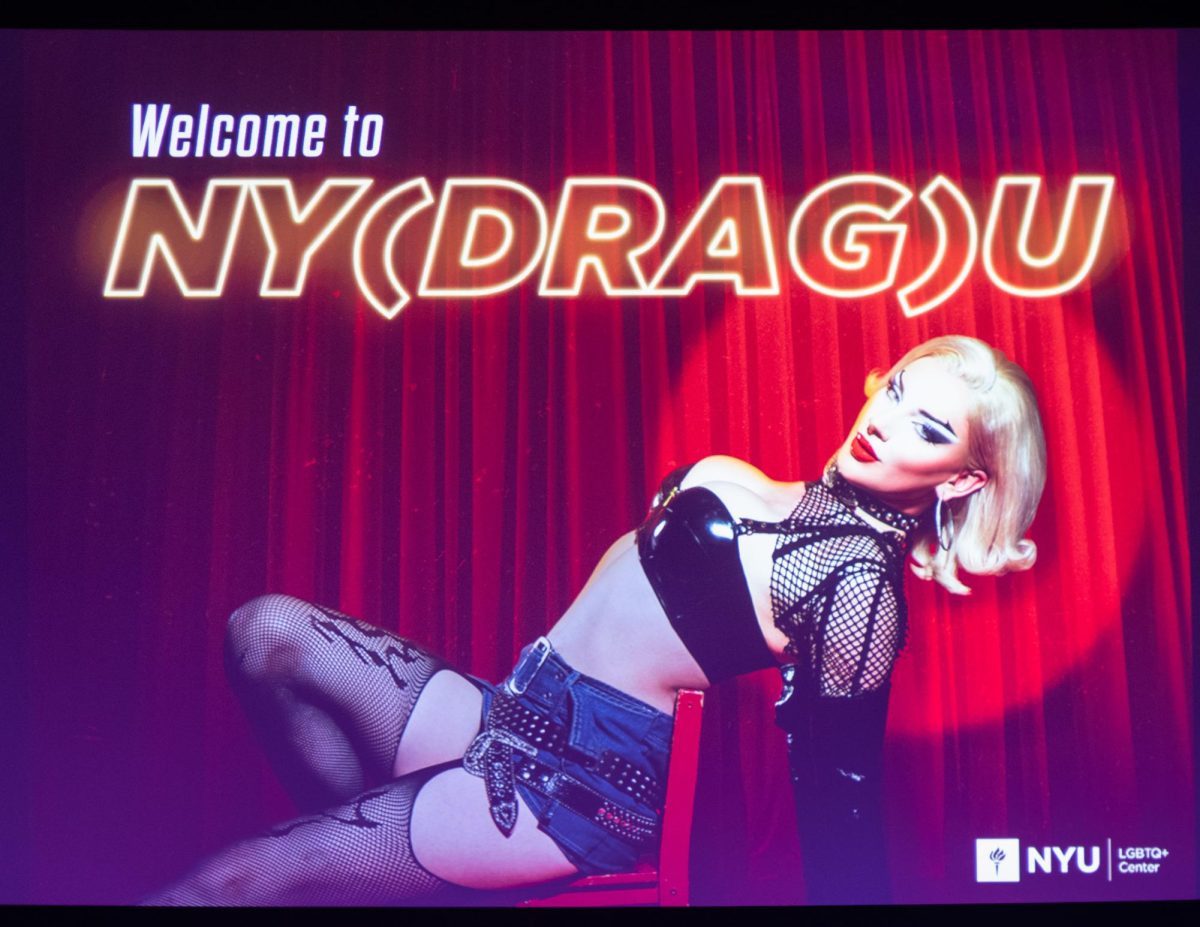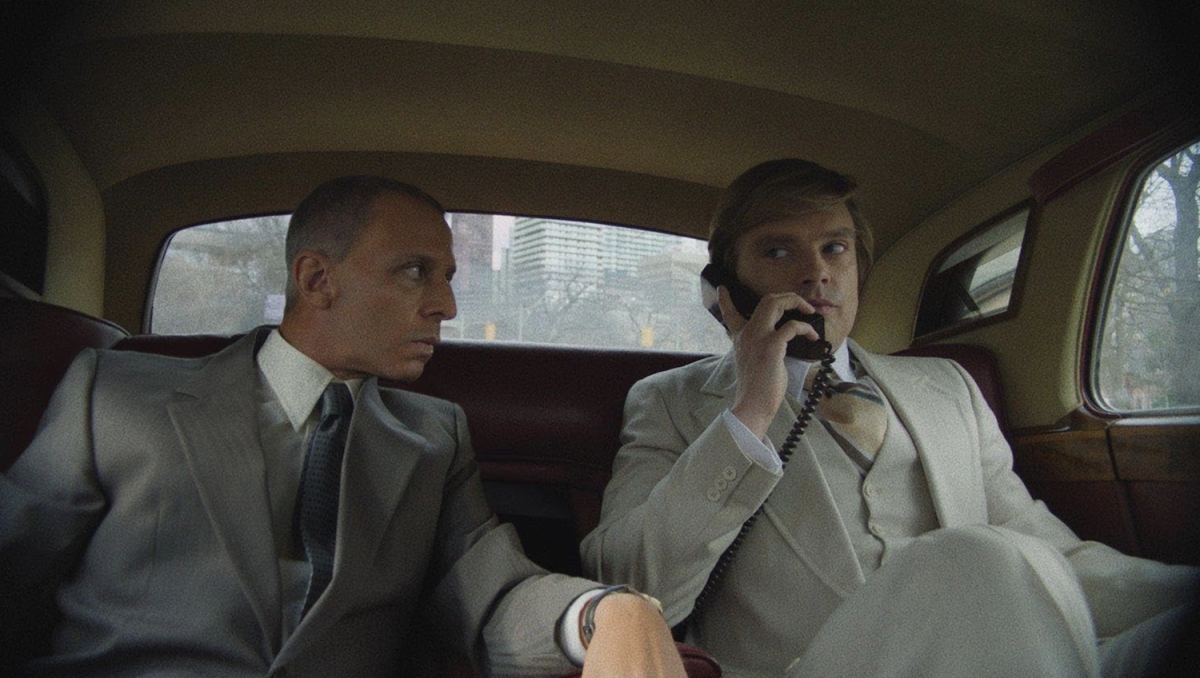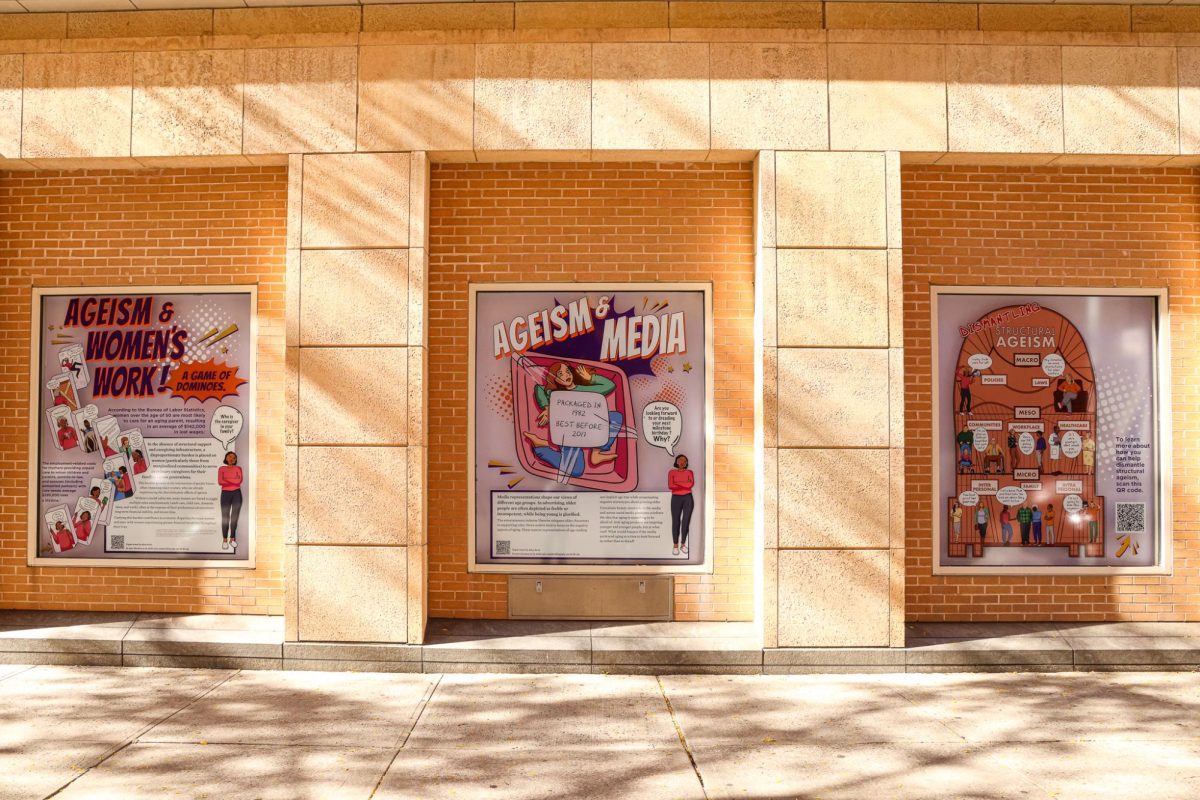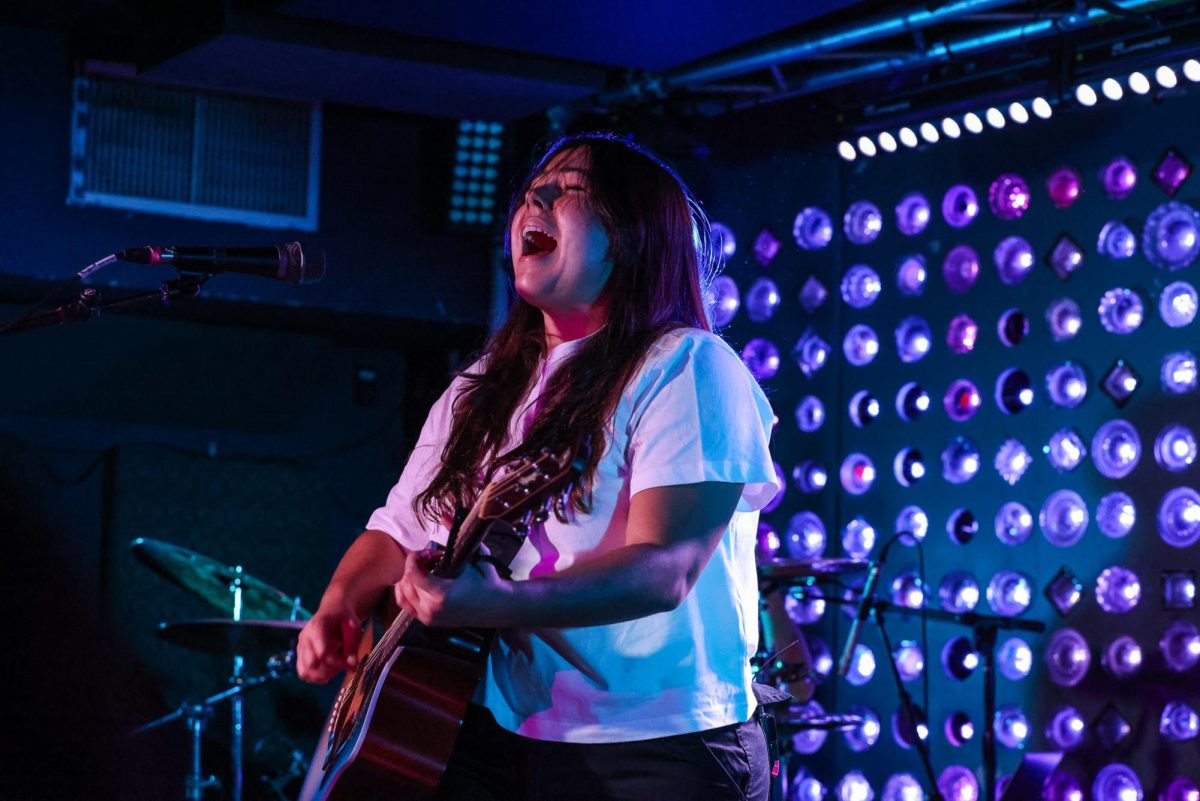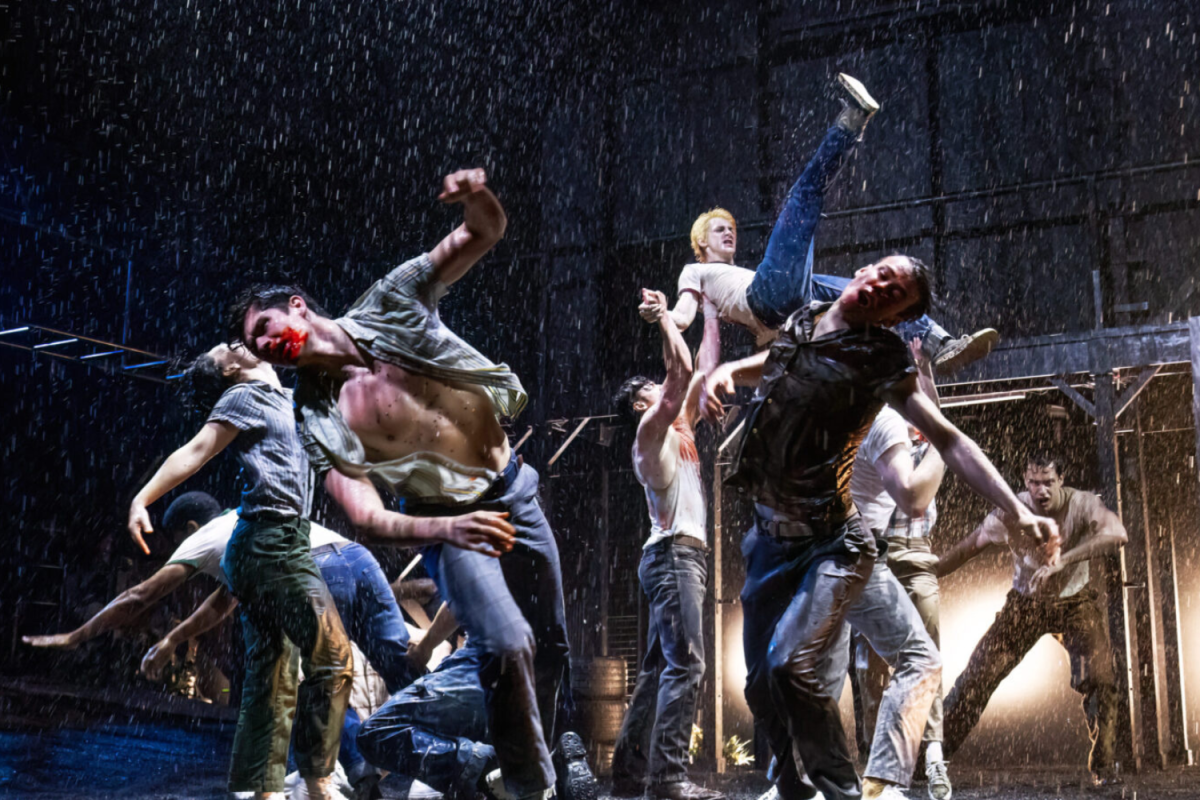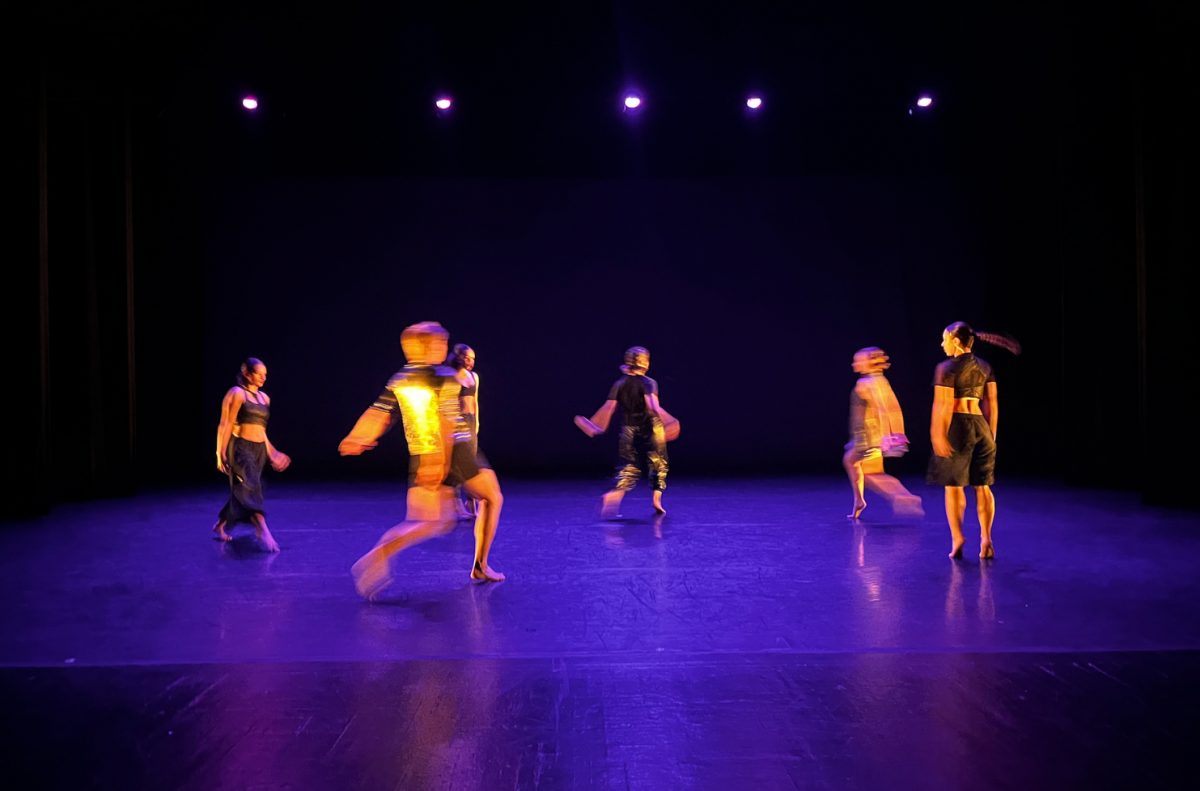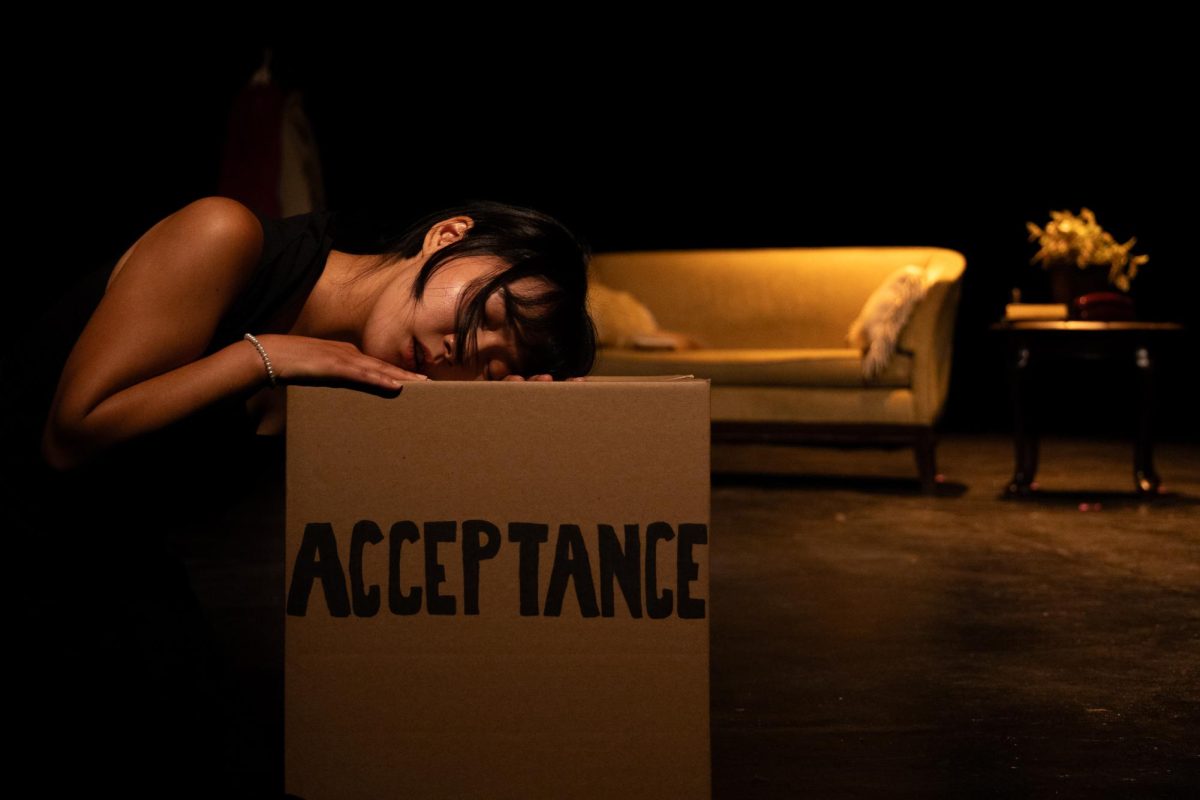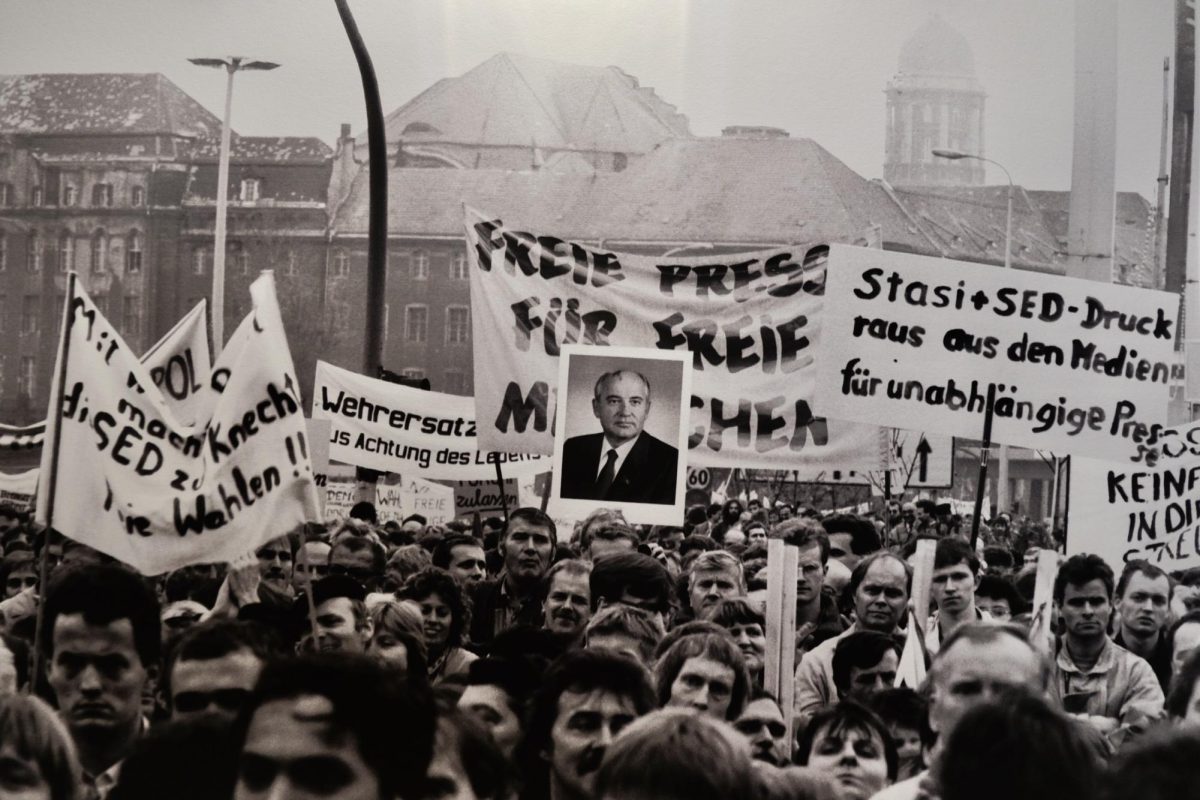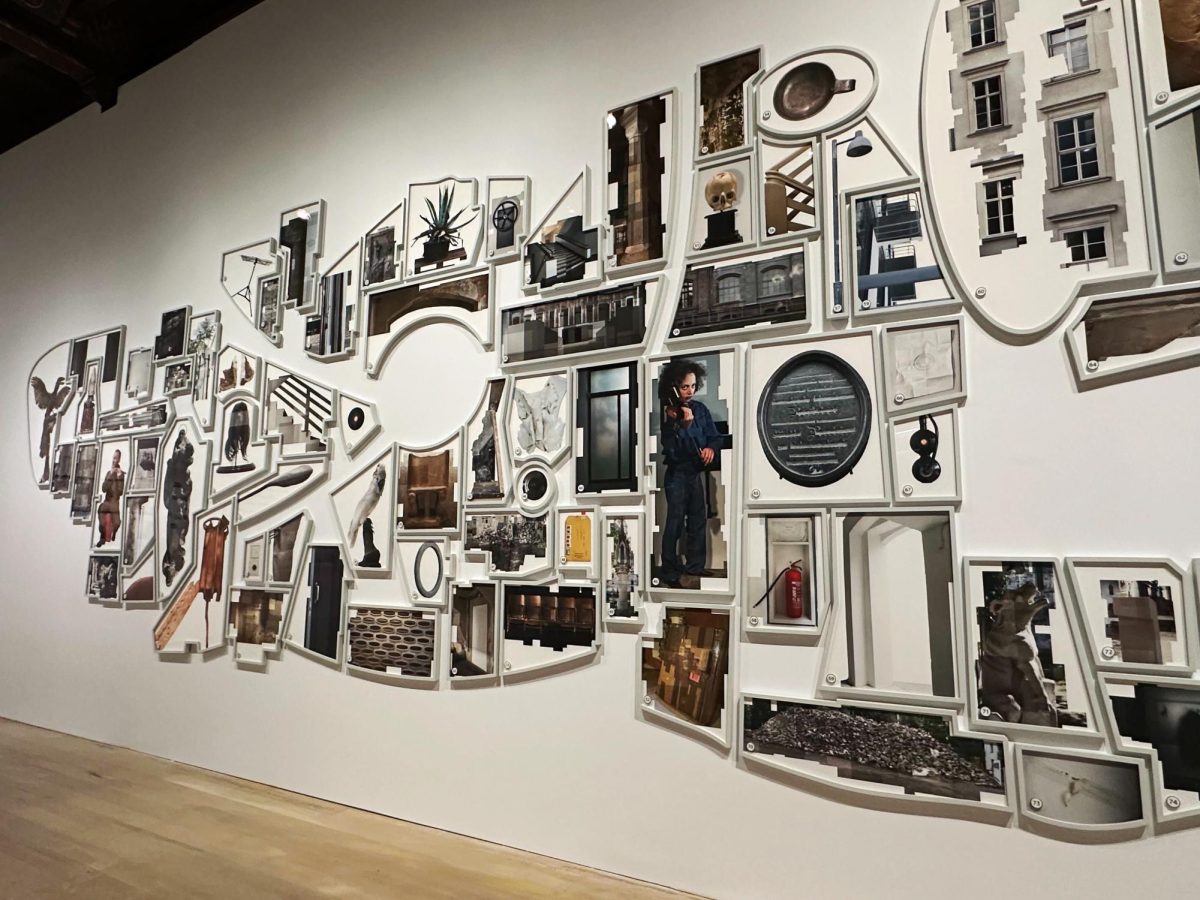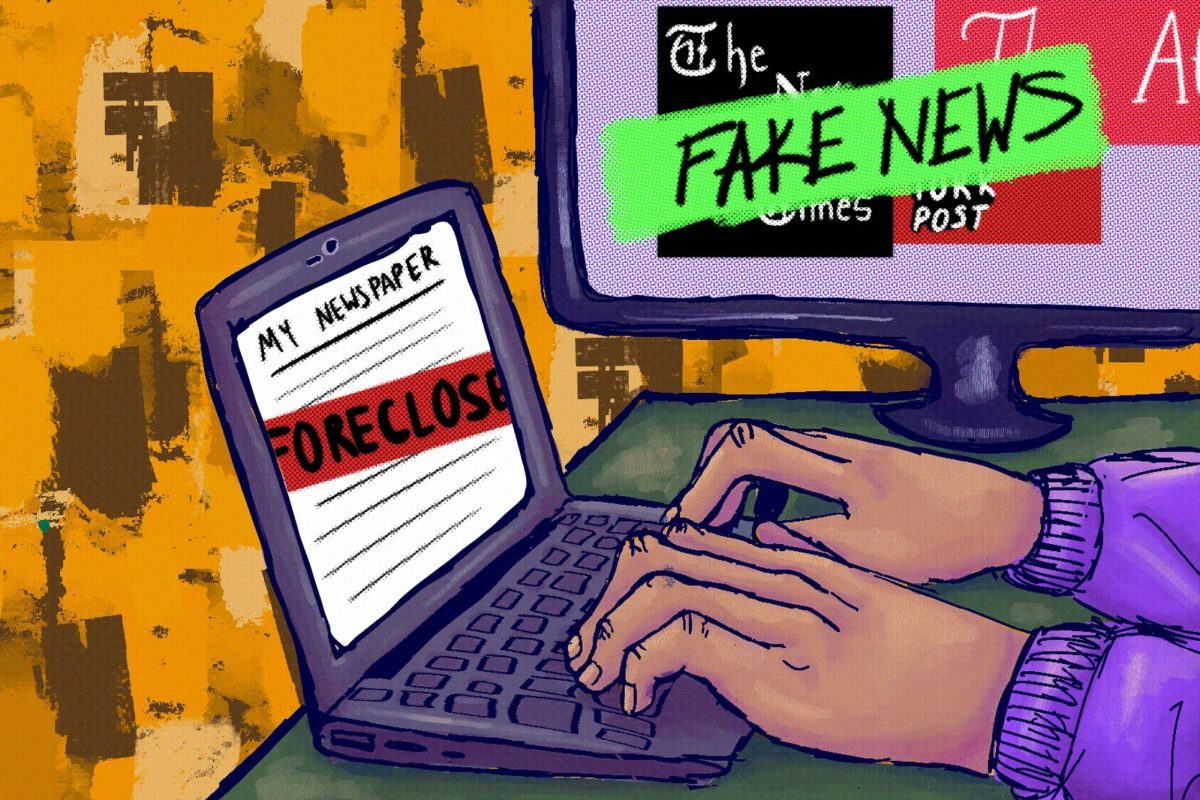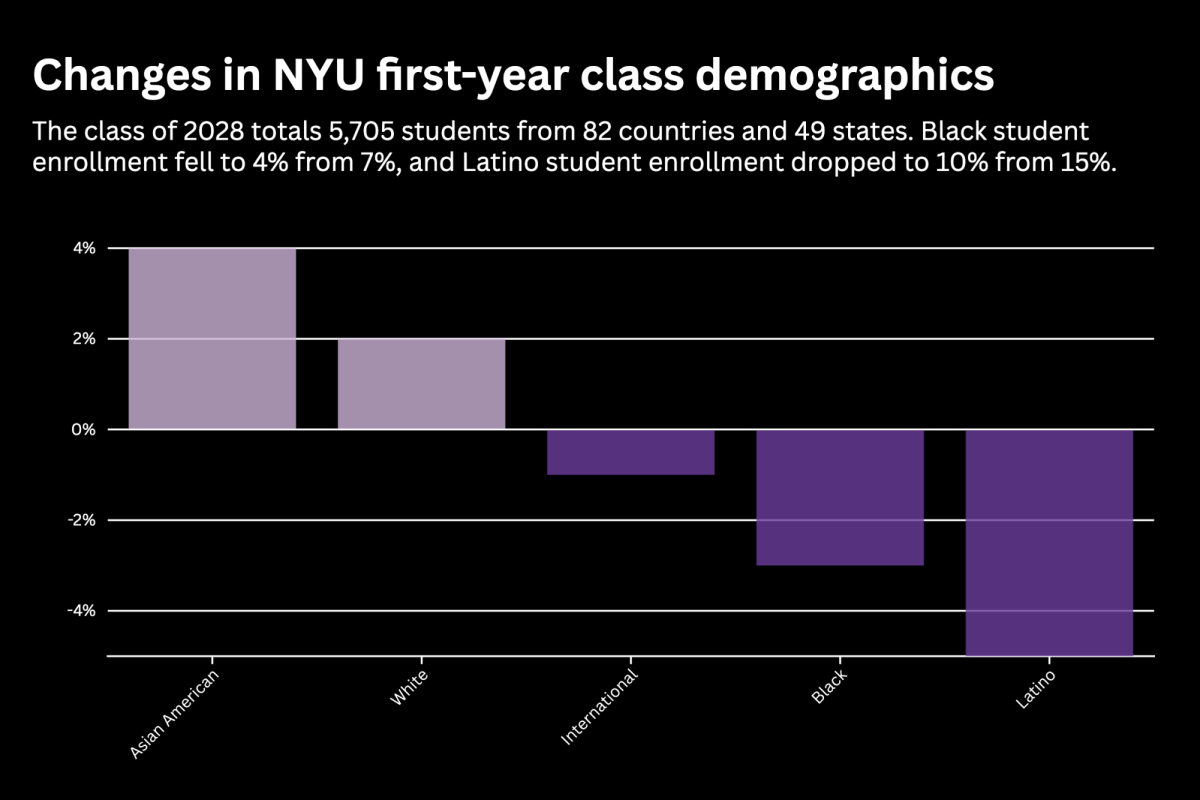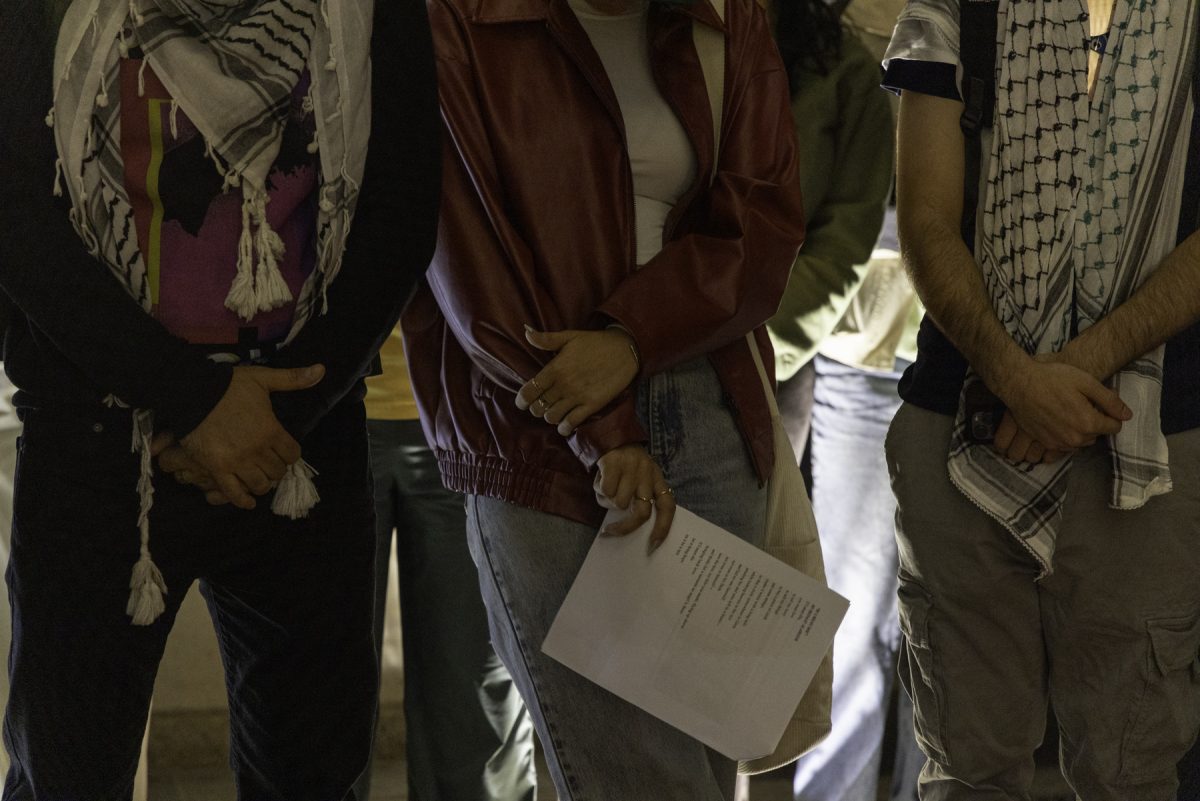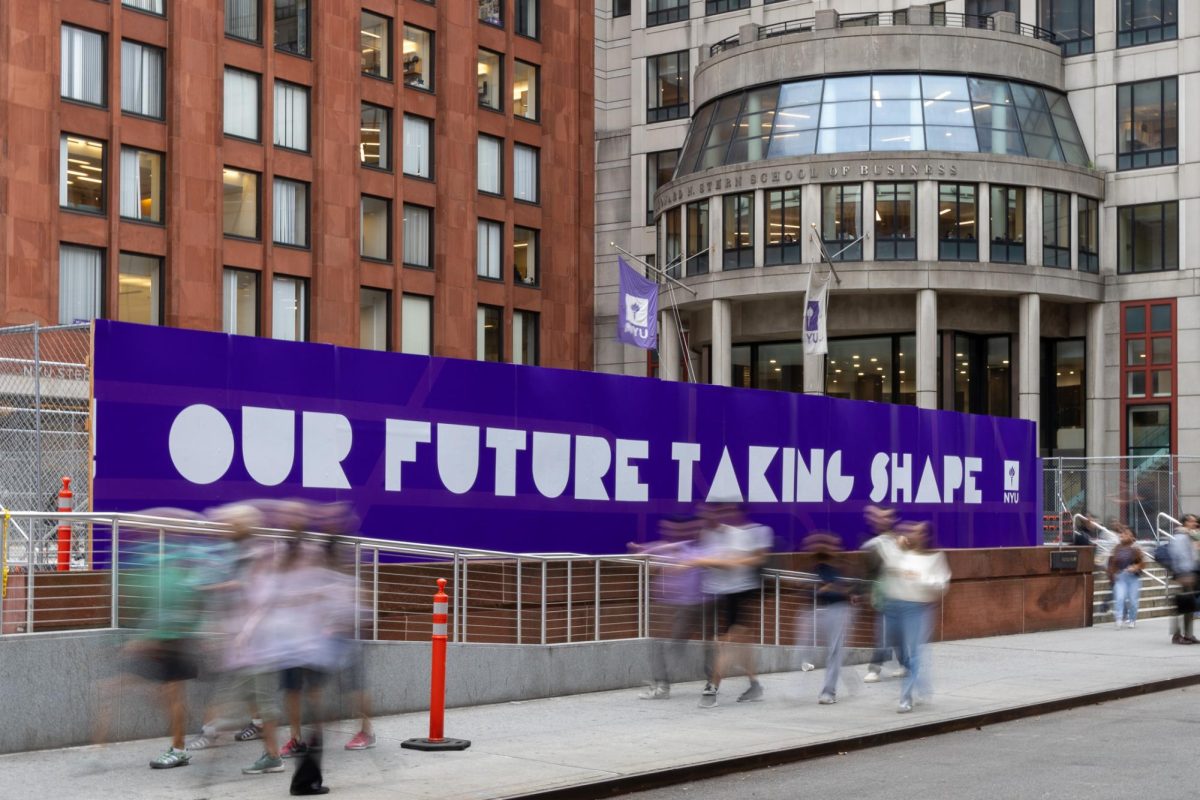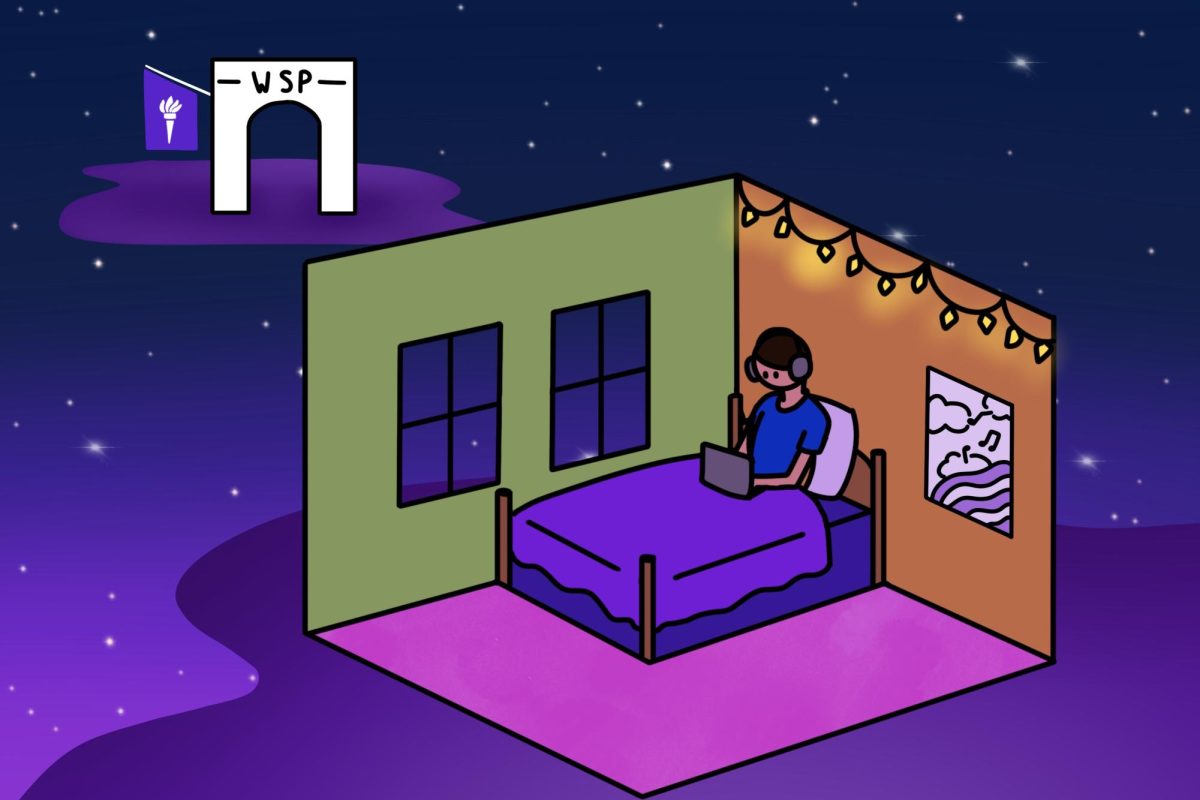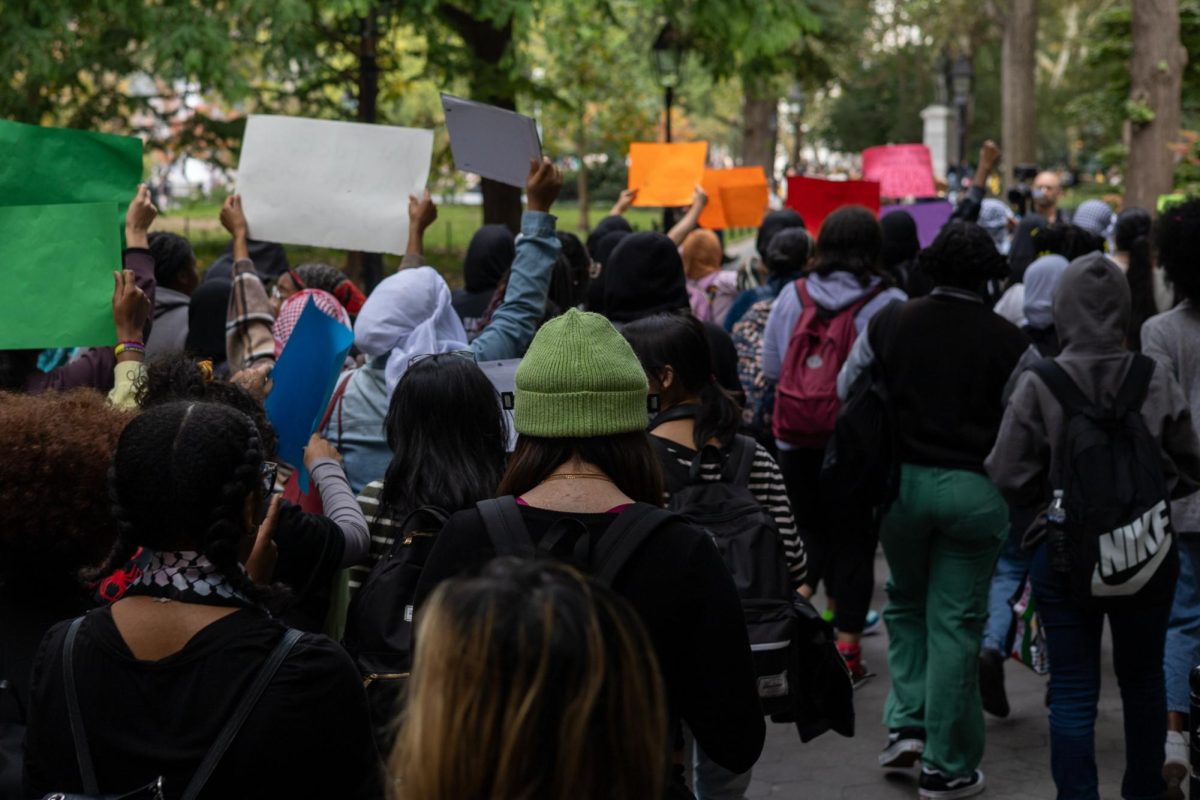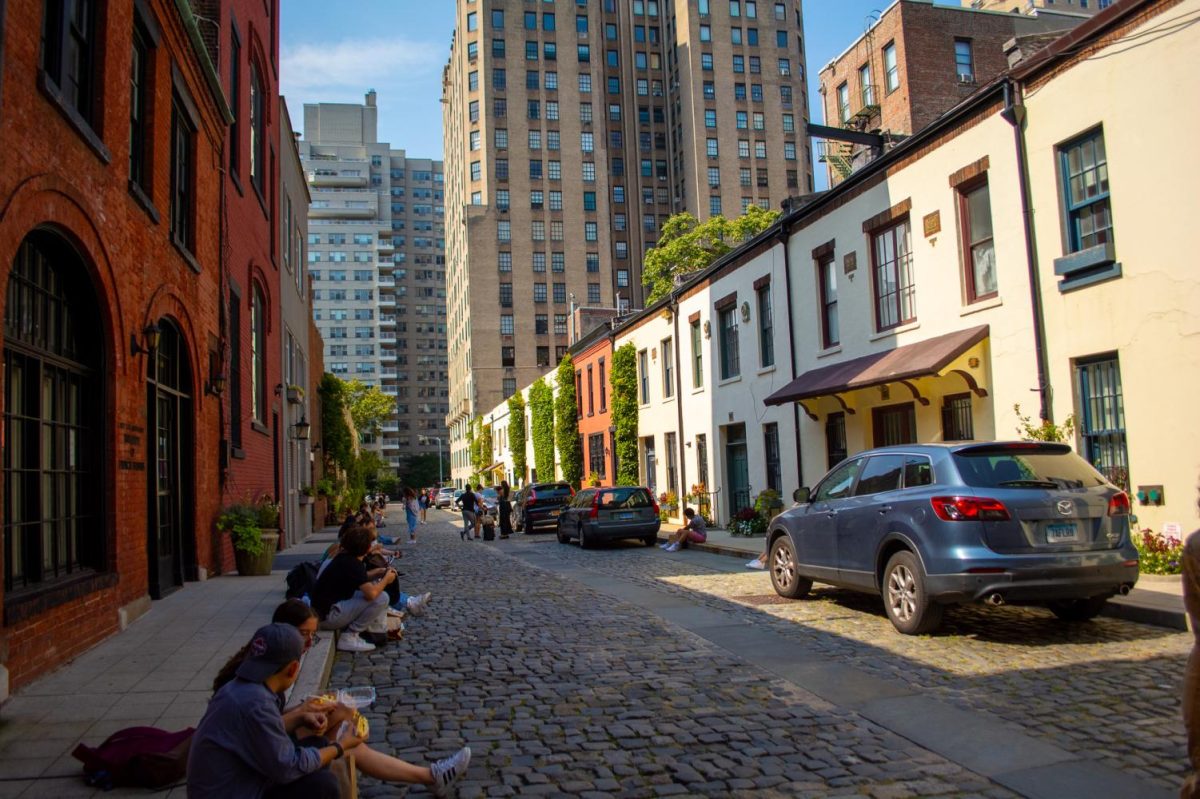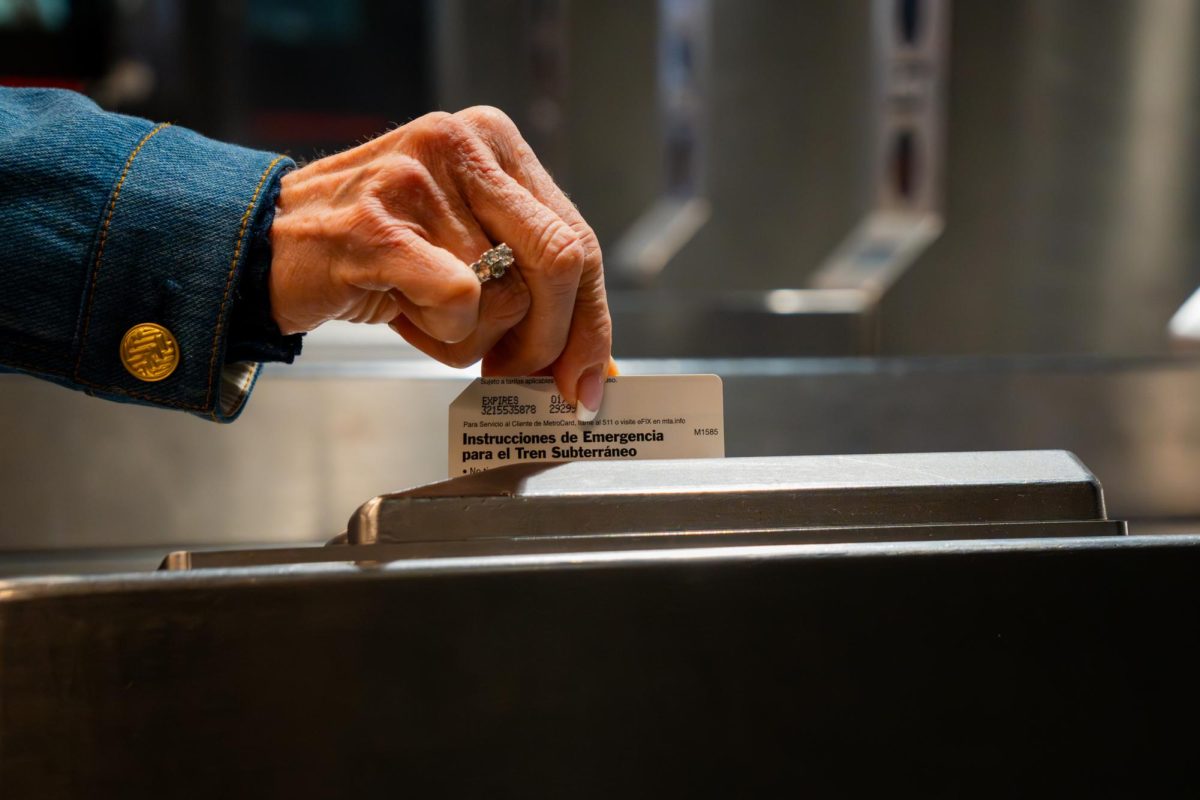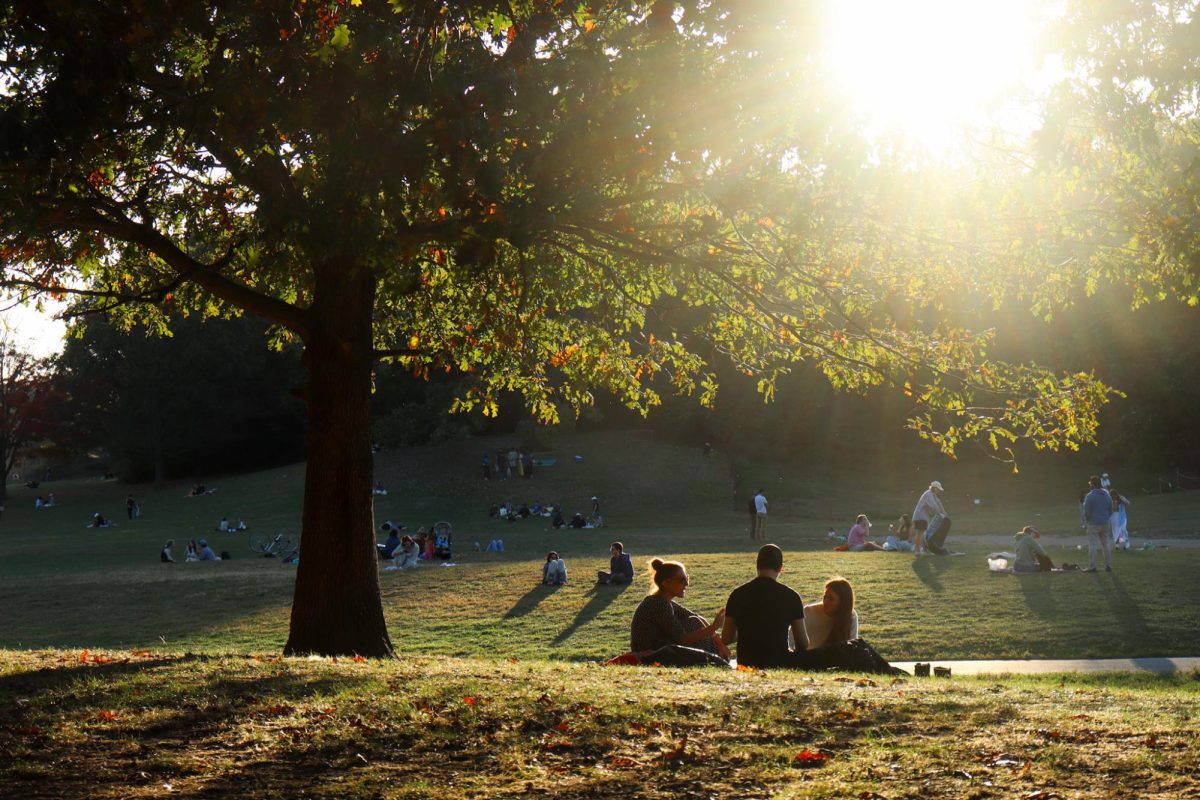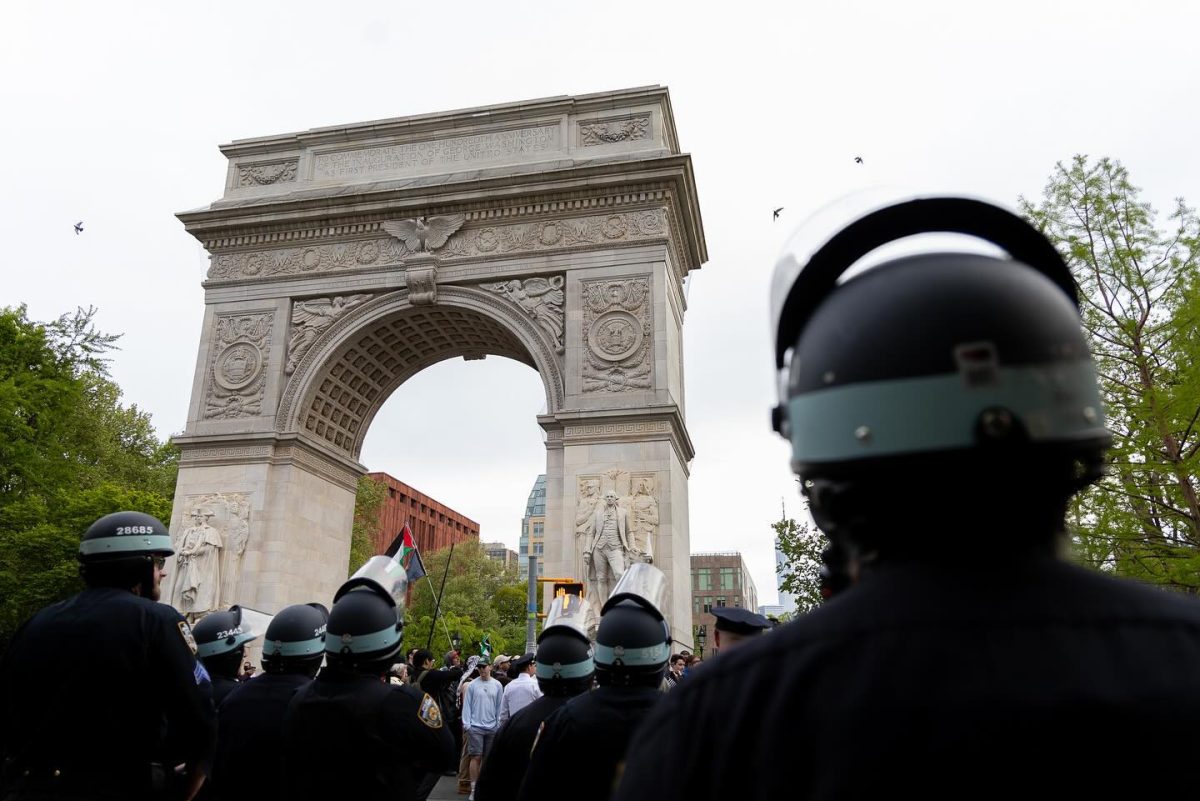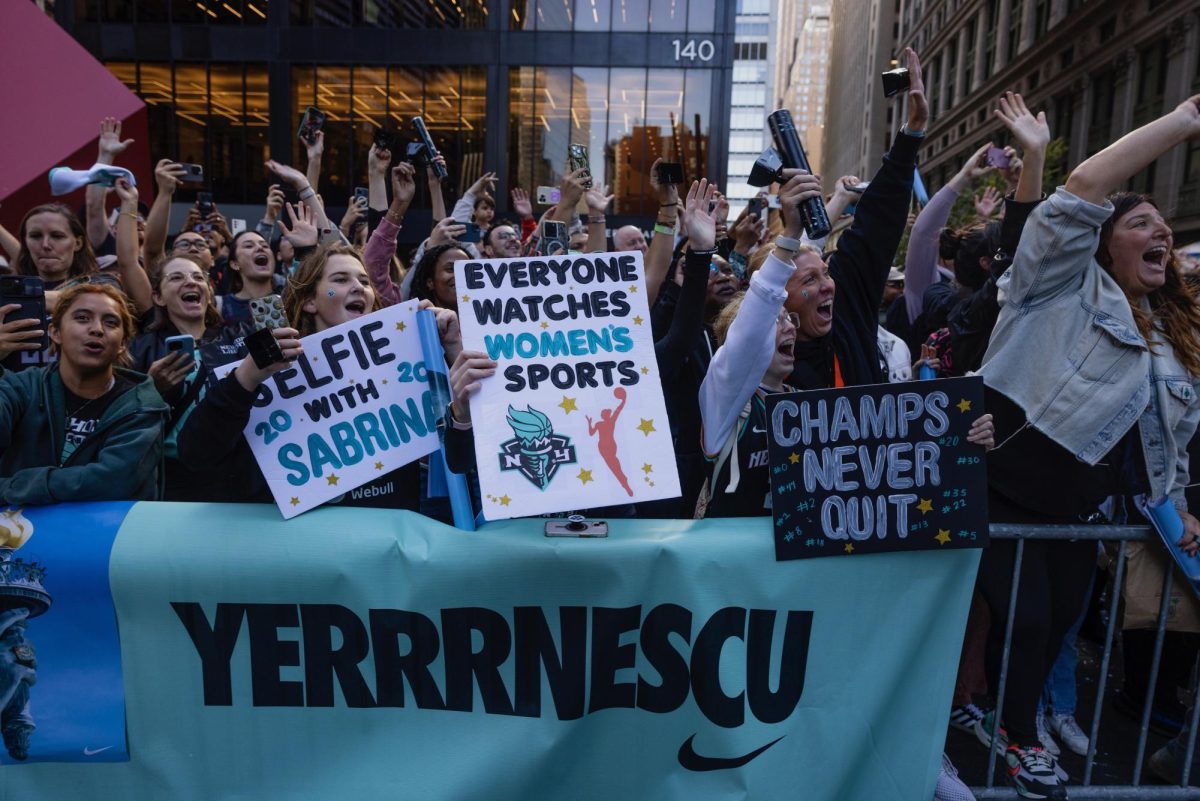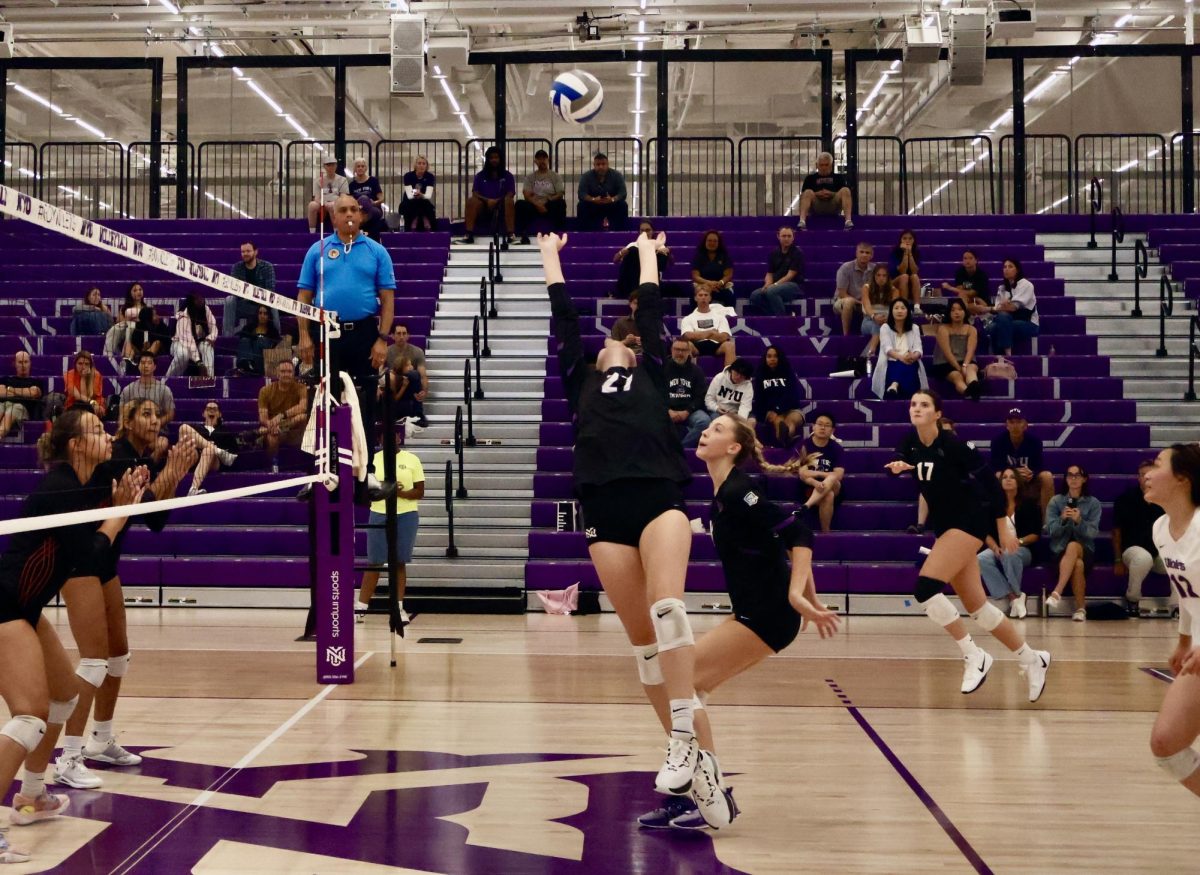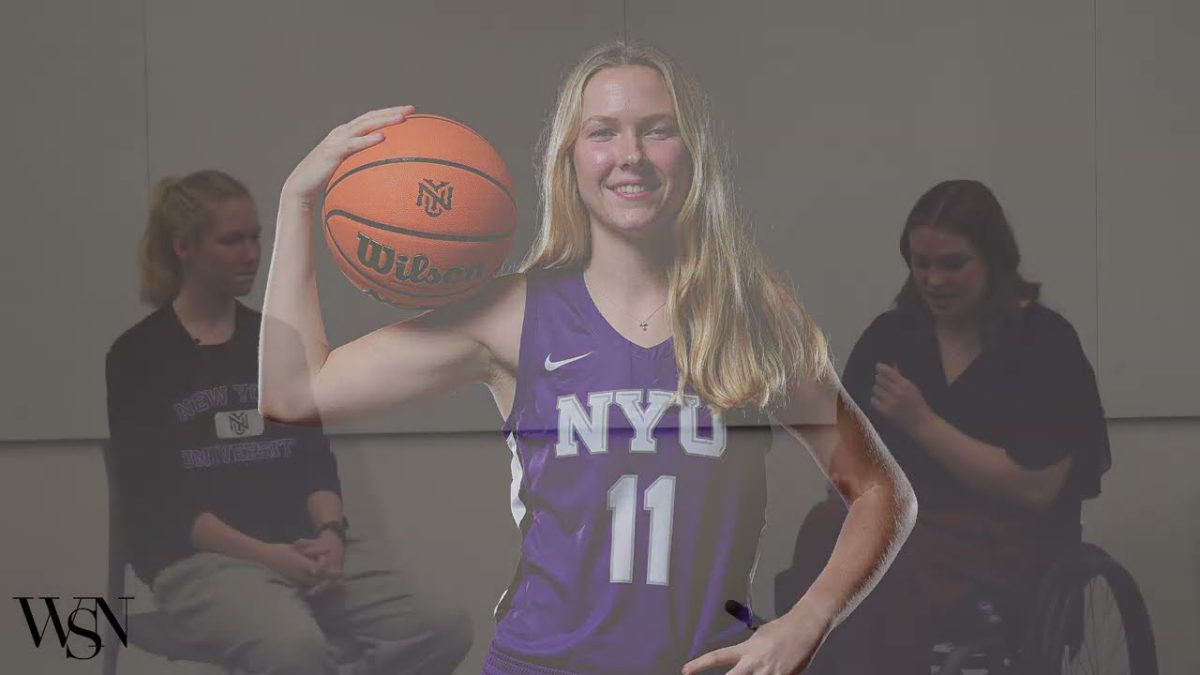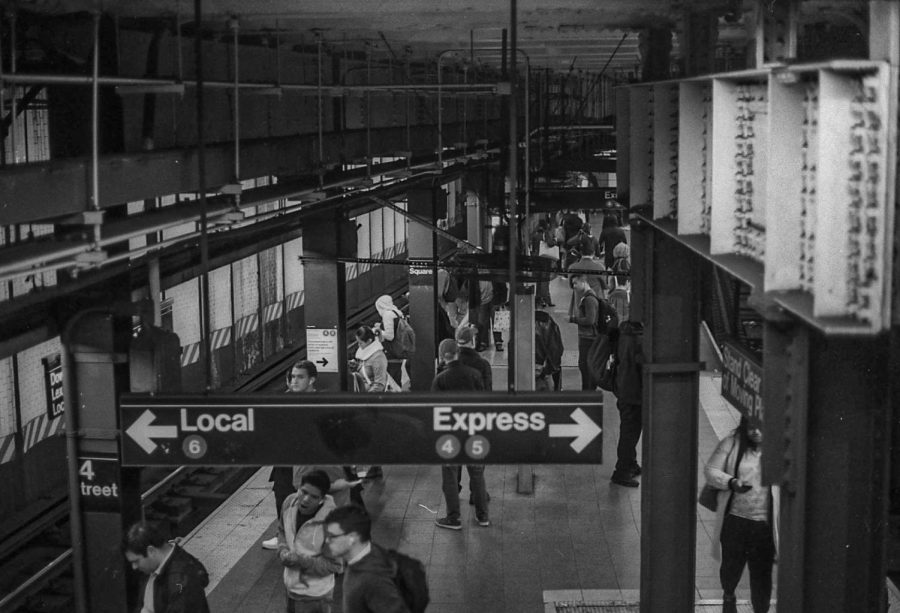Editorial: Hamilton, implement the SGA’s transportation resolution
By instituting discounted subway fares for the NYU community, the university could do its part to support students in need and provide stimulus to local businesses.
Average annual transportation costs in New York City exceed $1,000 per student. NYU should work with the MTA to alleviate this financial burden. (Staff Photo by Ryan Walker)
February 14, 2022
Students travel from all over the world to attend NYU, but the university makes no attempt to alleviate the costs of travel within the city. Commuter students are only miles away from campus, but the cost of just getting to class adds up to a small fortune. NYU’s Student Government Assembly proposed an act on Feb. 3 to discount subway fares for students. The resolution called for NYU administration to negotiate with the MTA to provide commuter students with unlimited subway passes paid for by a mandatory student fee. Initially, this would be a pilot program, but it would eventually expand to cover the entire student body. The resolution was crafted in order to support commuter students, but it would benefit the entire student body and the local economy. By making transportation more affordable and accessible, NYU administration could free the student body from the so-called 14th St. barrier and eliminate the notion that most NYU students never experience New York City outside Greenwich Village.
Public transit, like everything else in New York City, is extremely expensive. A single subway ride costs $2.75, while an unlimited pass costs $127 per month — that’s $1,524 per year. The City University of New York, NYU’s neighbor, projects that students should be prepared to spend $1,122 per academic year on transportation costs. This cost barrier is particularly difficult for lower-income students to overcome. NYU has the ability — that is, the funds — to take action and remove that barrier.
The MTA is trying to bring riders back to the subway after the dip in ridership caused by the pandemic, and negotiating discounted fares for NYU students would help them achieve that. If students had the cost of MetroCards included in their tuition, they’d also be more likely to use the subway to explore the city and to get to class.
More students need to use the city’s public transportation than in the recent past. Now, more students live in the outer boroughs. One in five NYU students currently live in Brooklyn, and the number of students living in Queens, the Bronx and Staten Island has seen modest growth. A significant portion of our student body relies on public transit daily to get to class, but the exorbitant cost of public transit makes it such that many students’ academic, extracurricular and social opportunities are dependent on their ability to pay subway or bus fares. NYU has an opportunity to separate academic achievement from socioeconomic status and geography through a discounted fares program.
Students in New York City’s public middle and high schools have access to free MetroCards with three rides per day. It’s certainly possible to negotiate with the MTA for reduced — or completely free — fares for college students, too.
Other colleges already have programs that subsidize public transit. The City College of Chicago’s CTA U-Pass program gives students access to discounted public transit fares. American University has a nearly identical program to the one proposed by SGA in which students pay $130 a semester for unlimited rides. Transportation is a major facet of New York City’s affordability crisis, and NYU could take the initiative to make public transit more affordable for its students. Doing so might make NYU more attractive to college applicants for whom the cost of living would be a barrier.
The nearly $1,500 a year that NYU students could save on public transit costs with such a program could be partially redirected to Greenwich Village’s many struggling businesses. By offering discounted rates for public transit, NYU students could keep more money in their pockets. That money, in turn, would boost the local restaurants, boutiques and thrift stores NYU students frequent, strengthening the local economy around campus and throughout the rest of the city.
There’s a cliche that NYU students mostly just stay in Manhattan, refusing to venture to the other boroughs. By and large, this cliche is true. With a reduced subway fare, though, New York City would open up to NYU students in ways that were previously impossible. NYU likes to call itself a campus without walls, but they often forget that financial walls are just as insurmountable as physical walls.
The question isn’t whether NYU can afford this expense, because of course they can. NYU has an endowment of $5.8 billion; if they wanted to, they could purchase unlimited fares for the entire university. But the student government isn’t proposing such an expansive policy. Instead, it is proposing that NYU negotiate with the MTA to provide unlimited passes, and charge students a mandatory student fee to access this service. NYU should do the right thing and work with the student government to implement this moderate proposal.
Contact the Editorial Board at [email protected].

